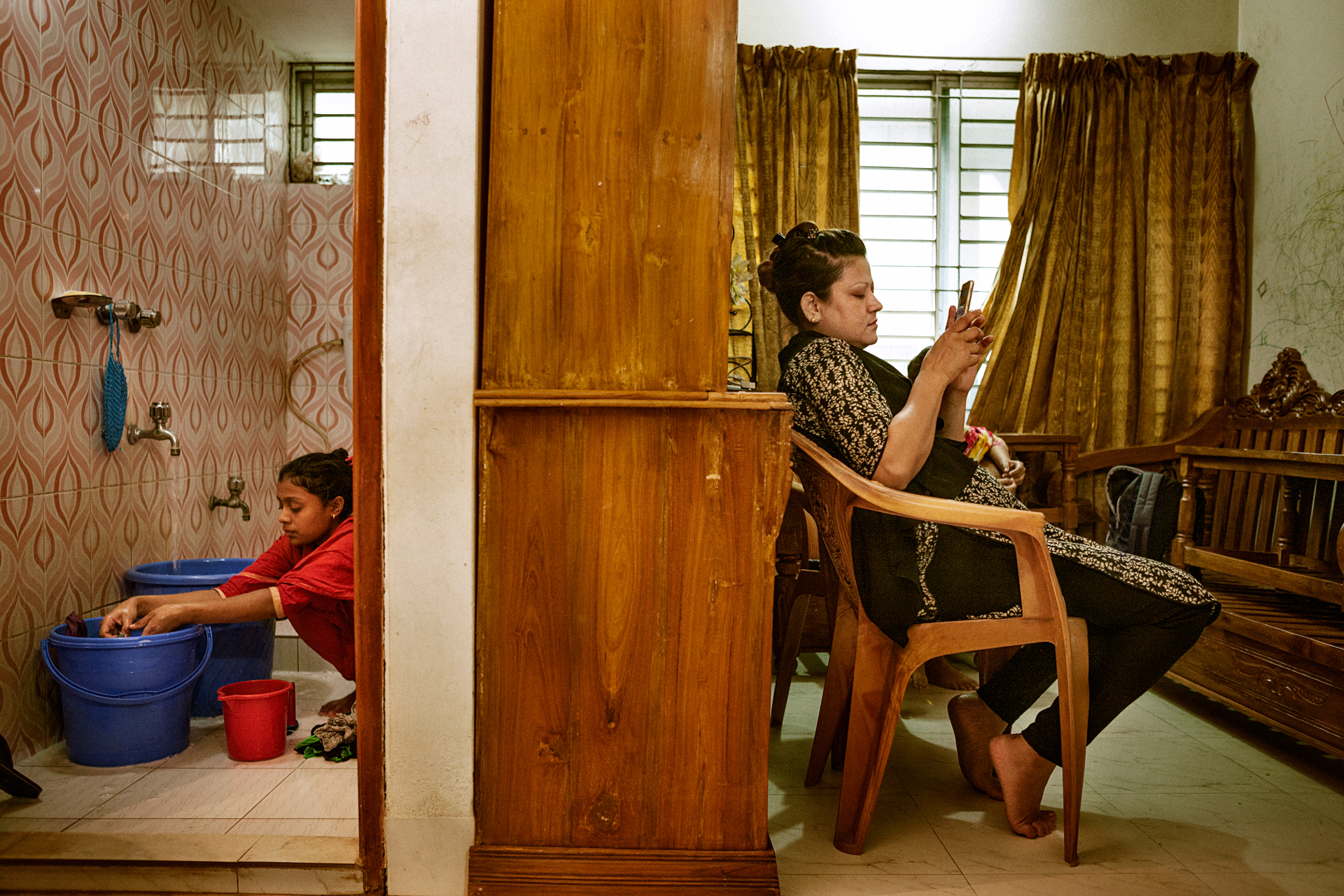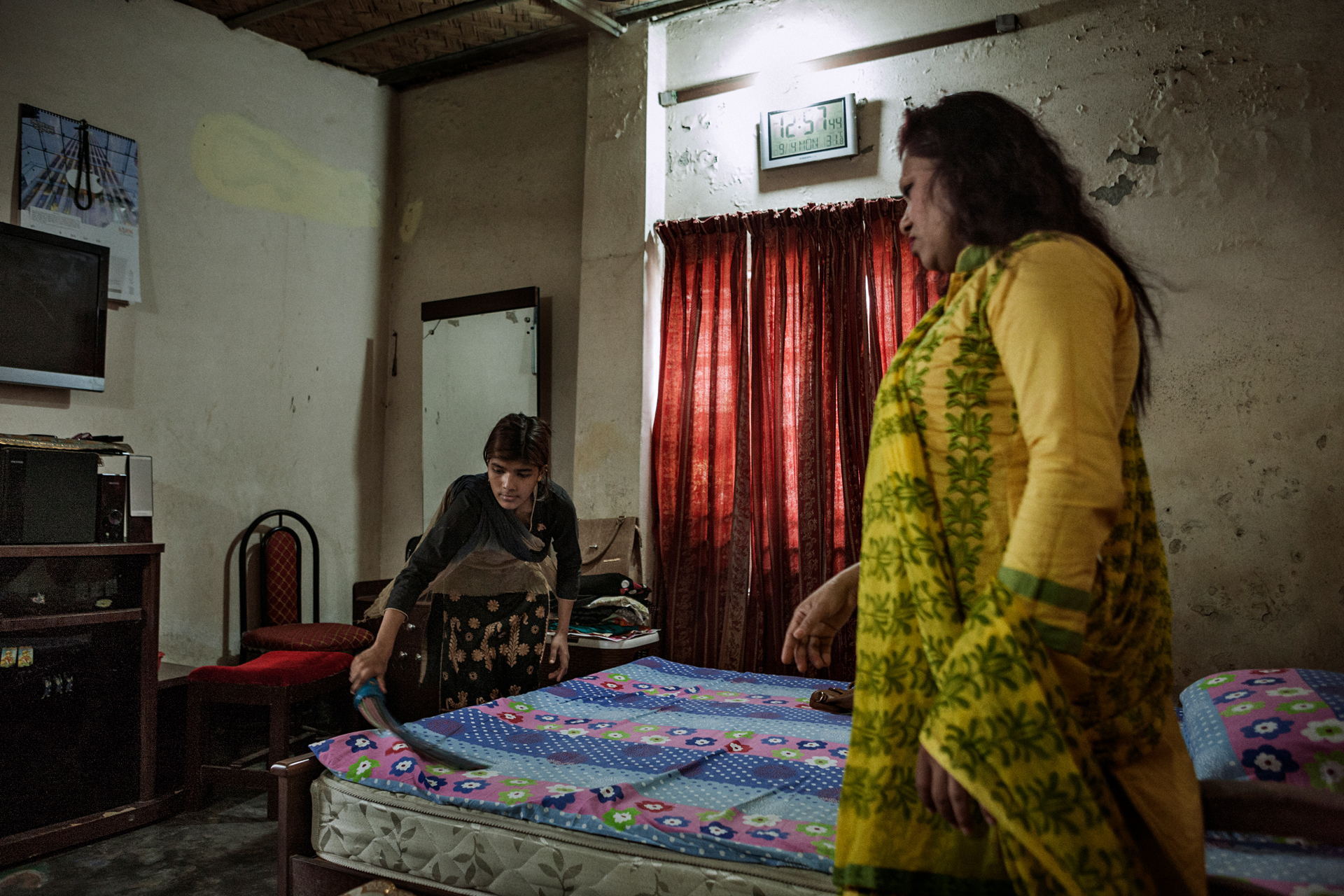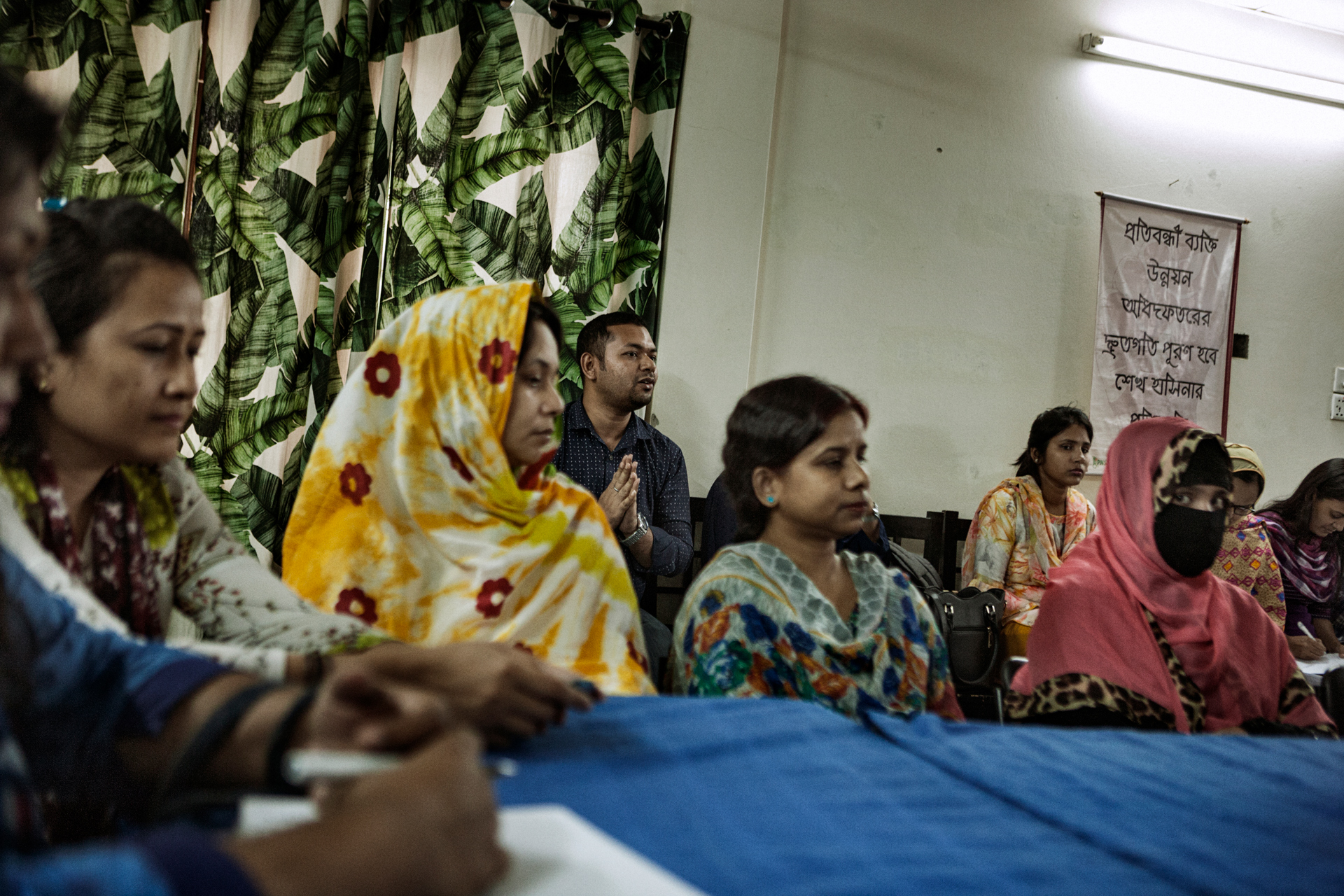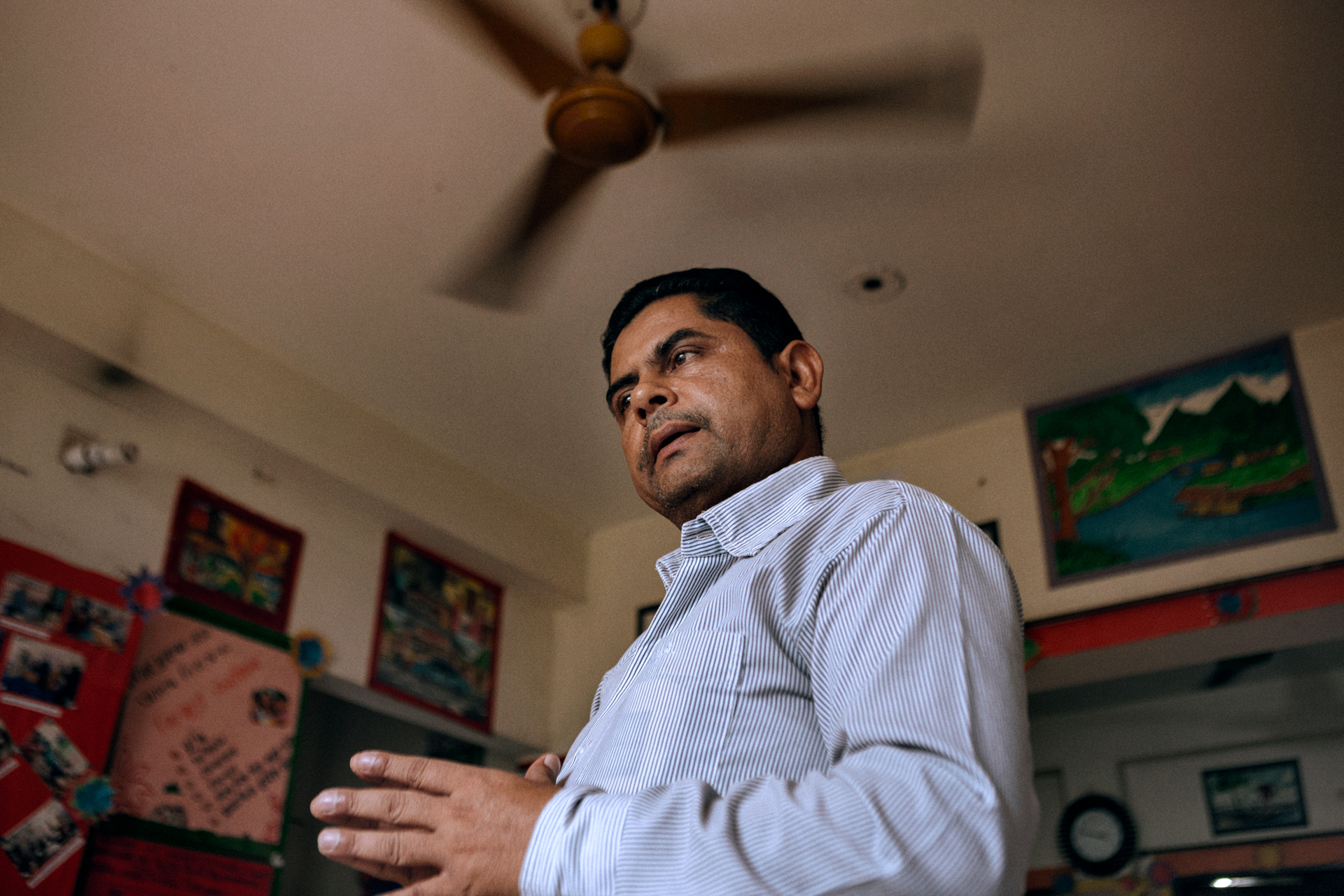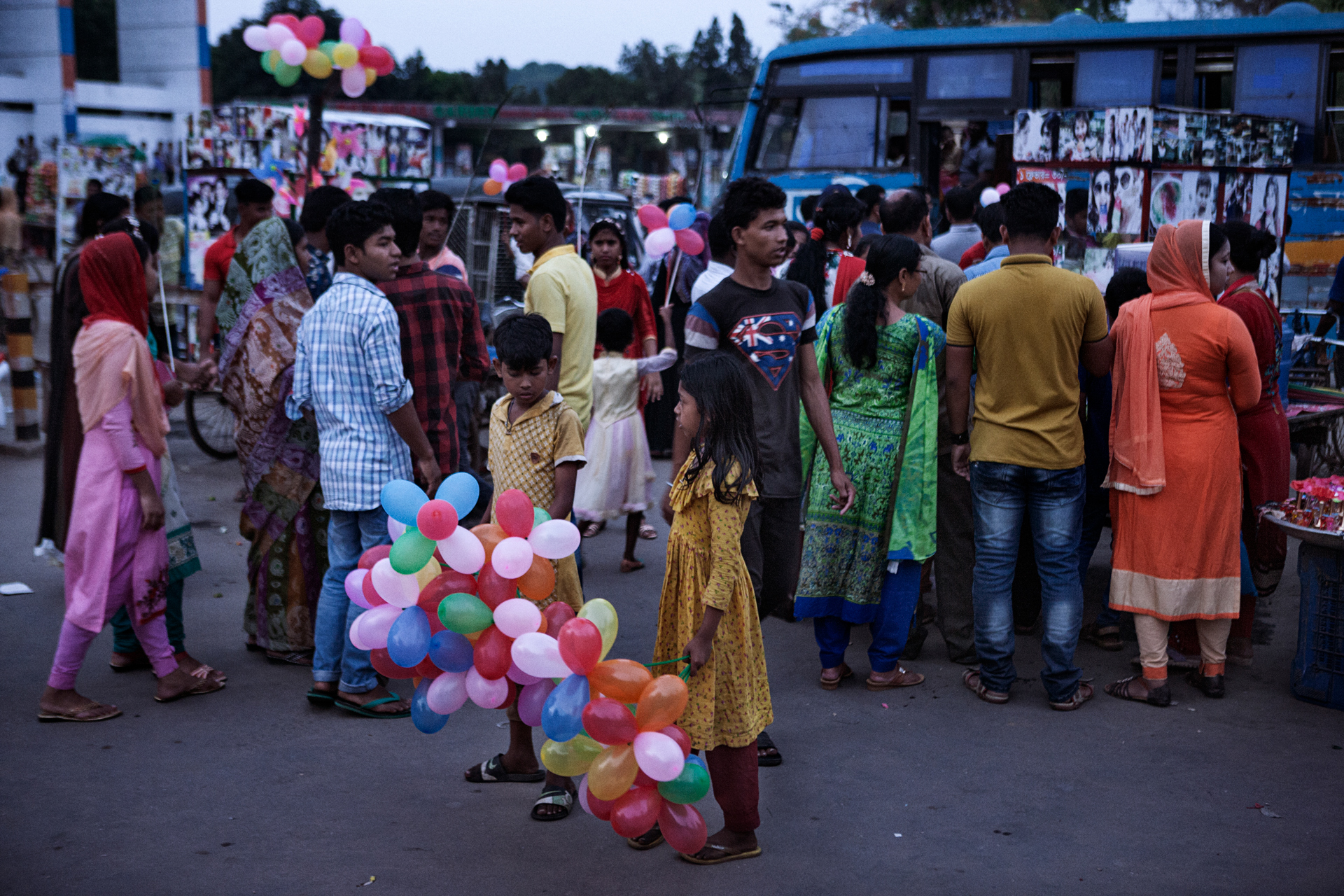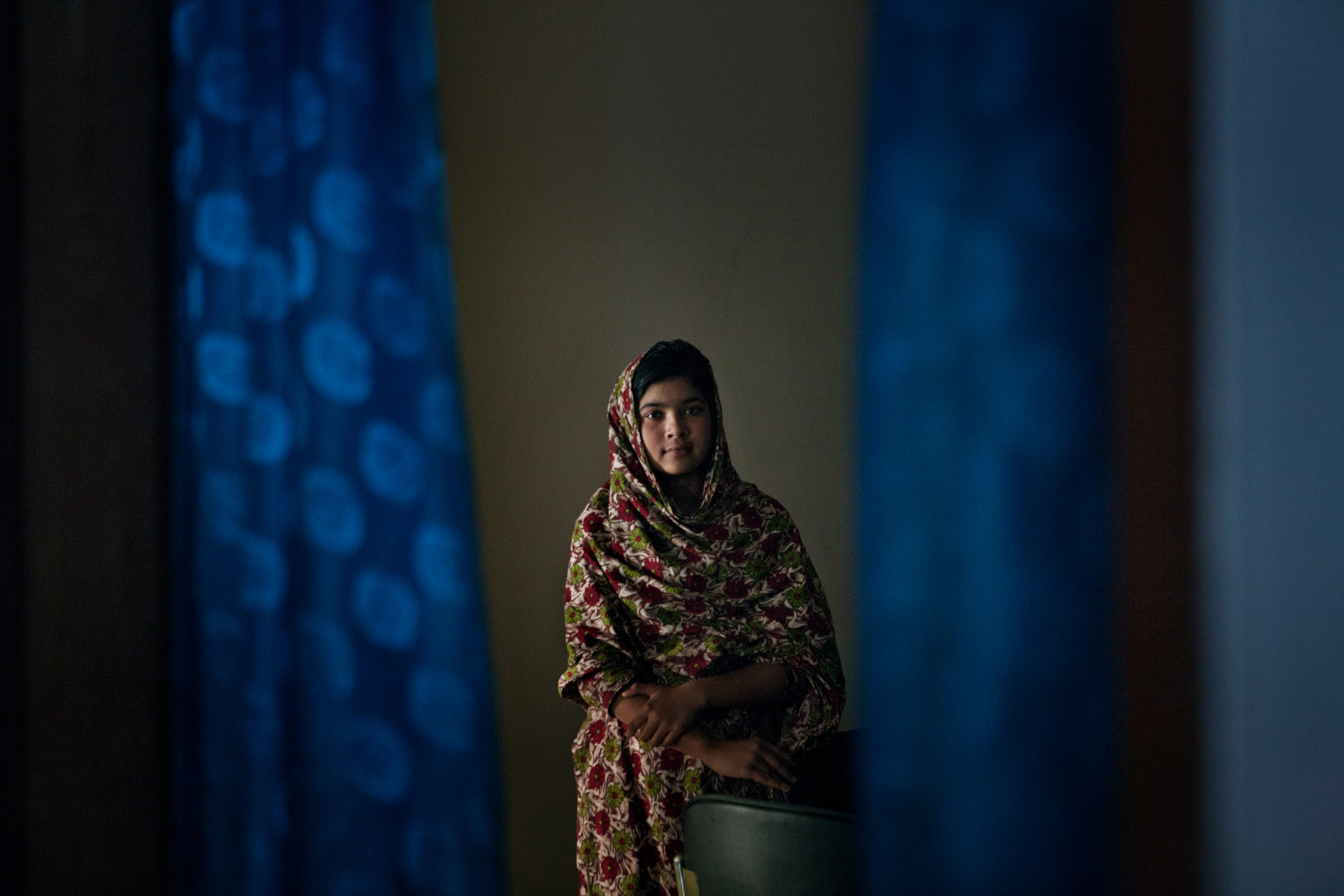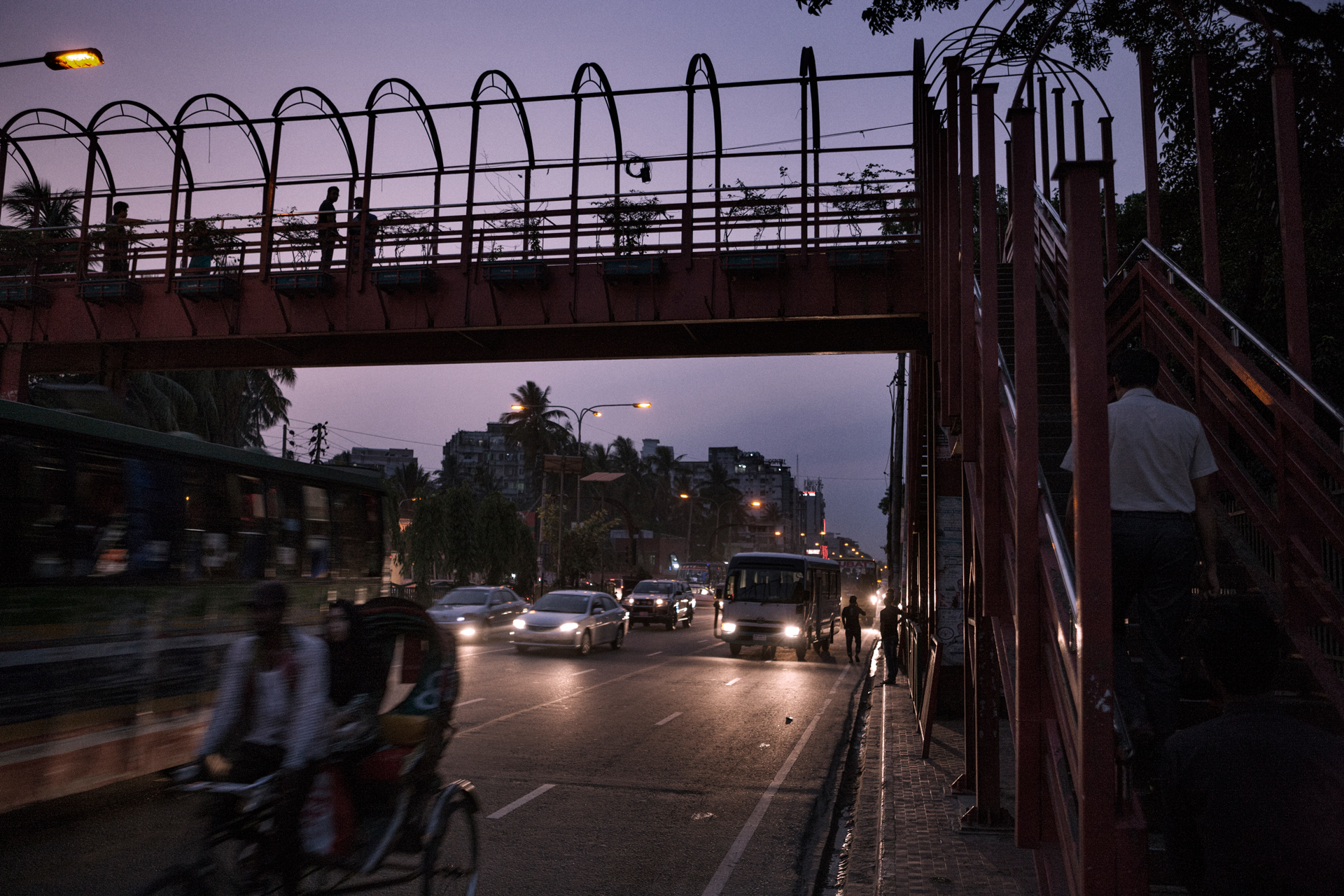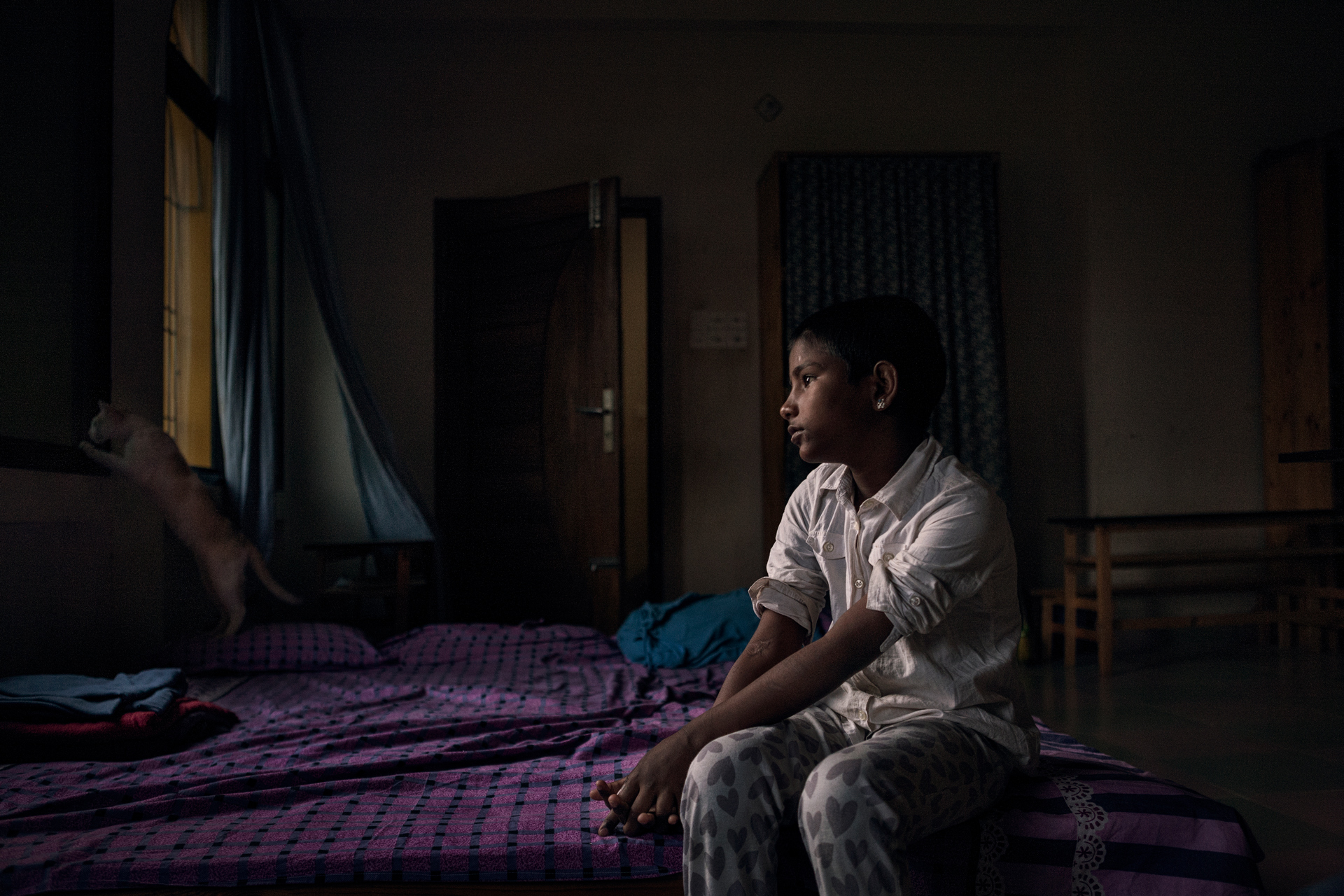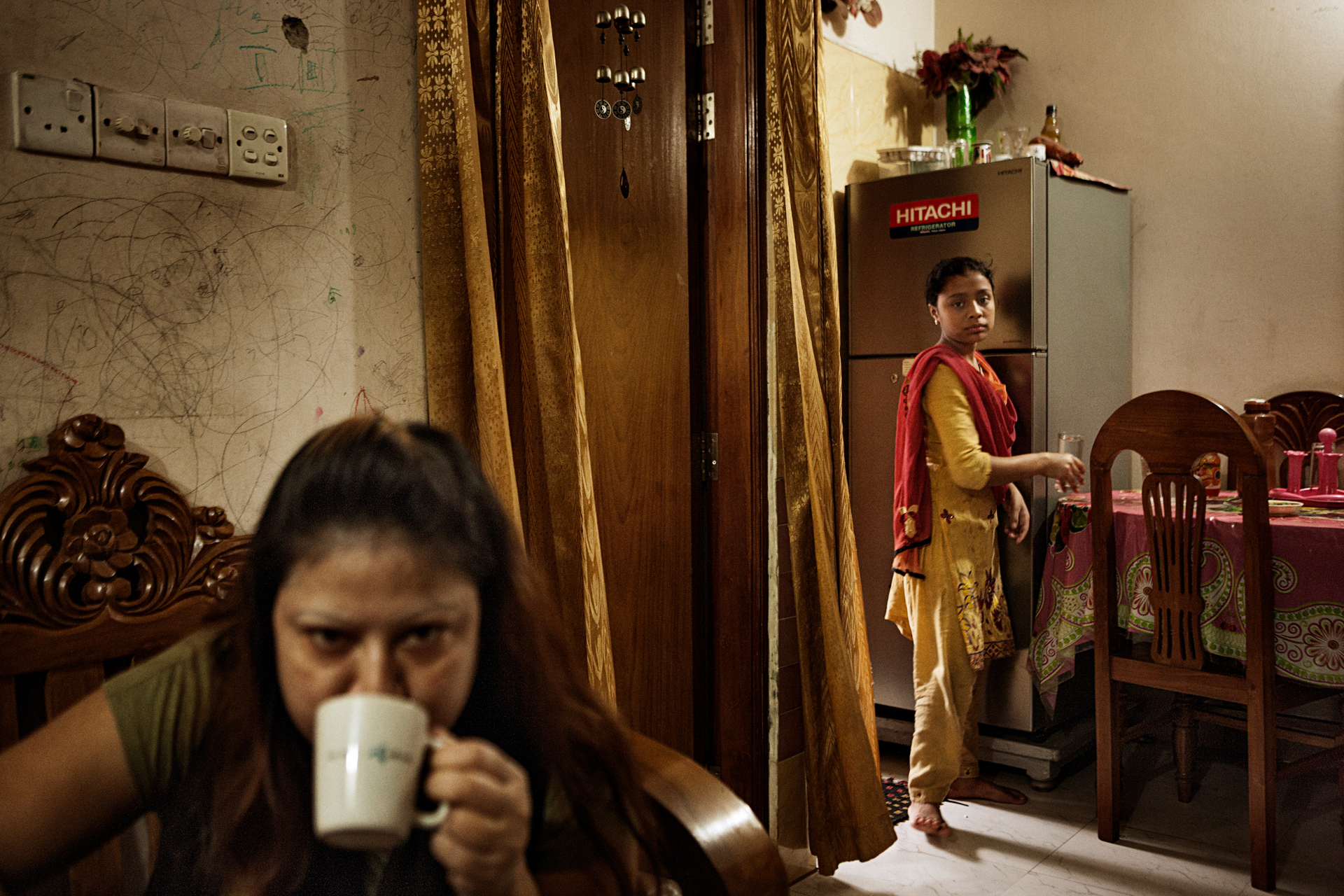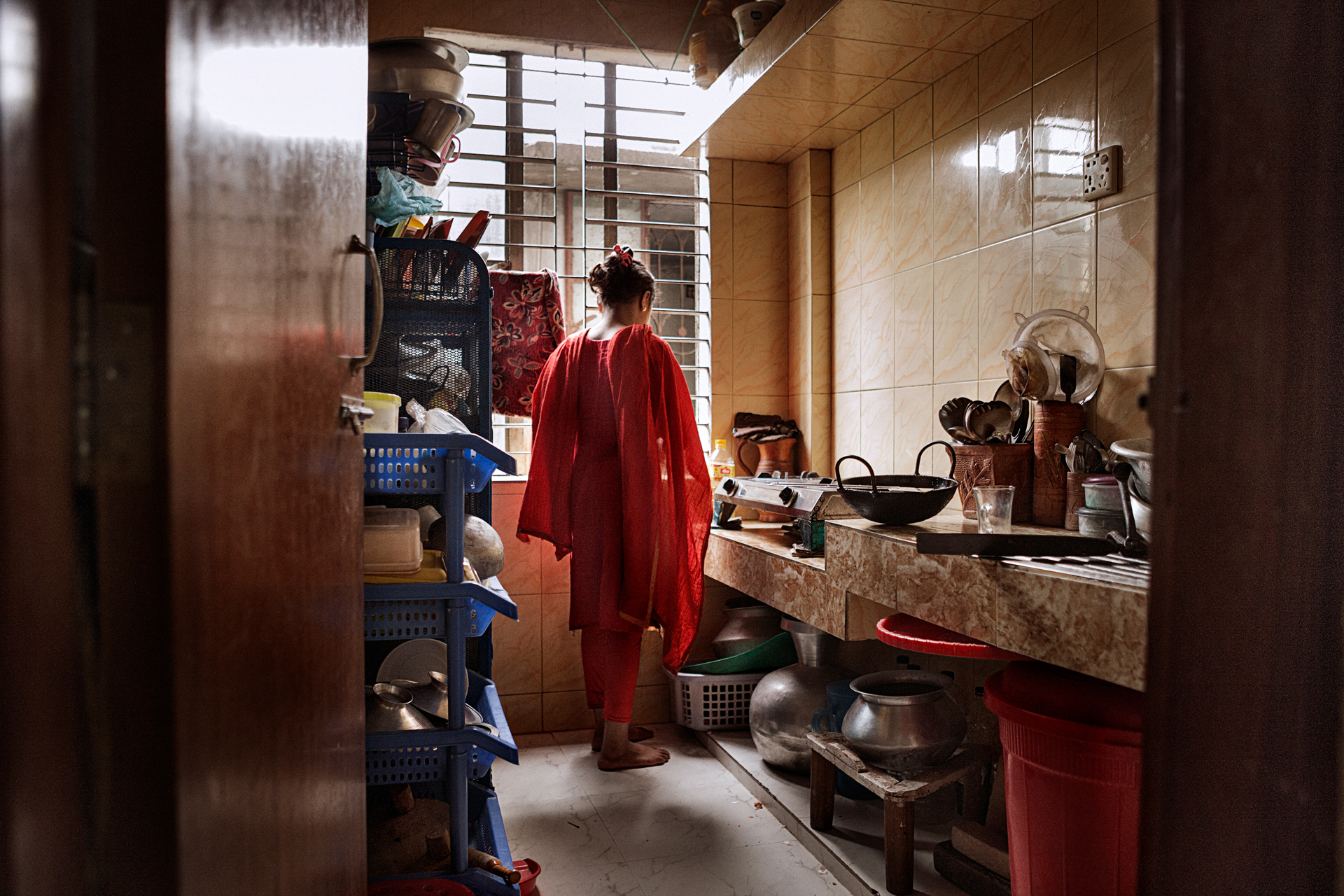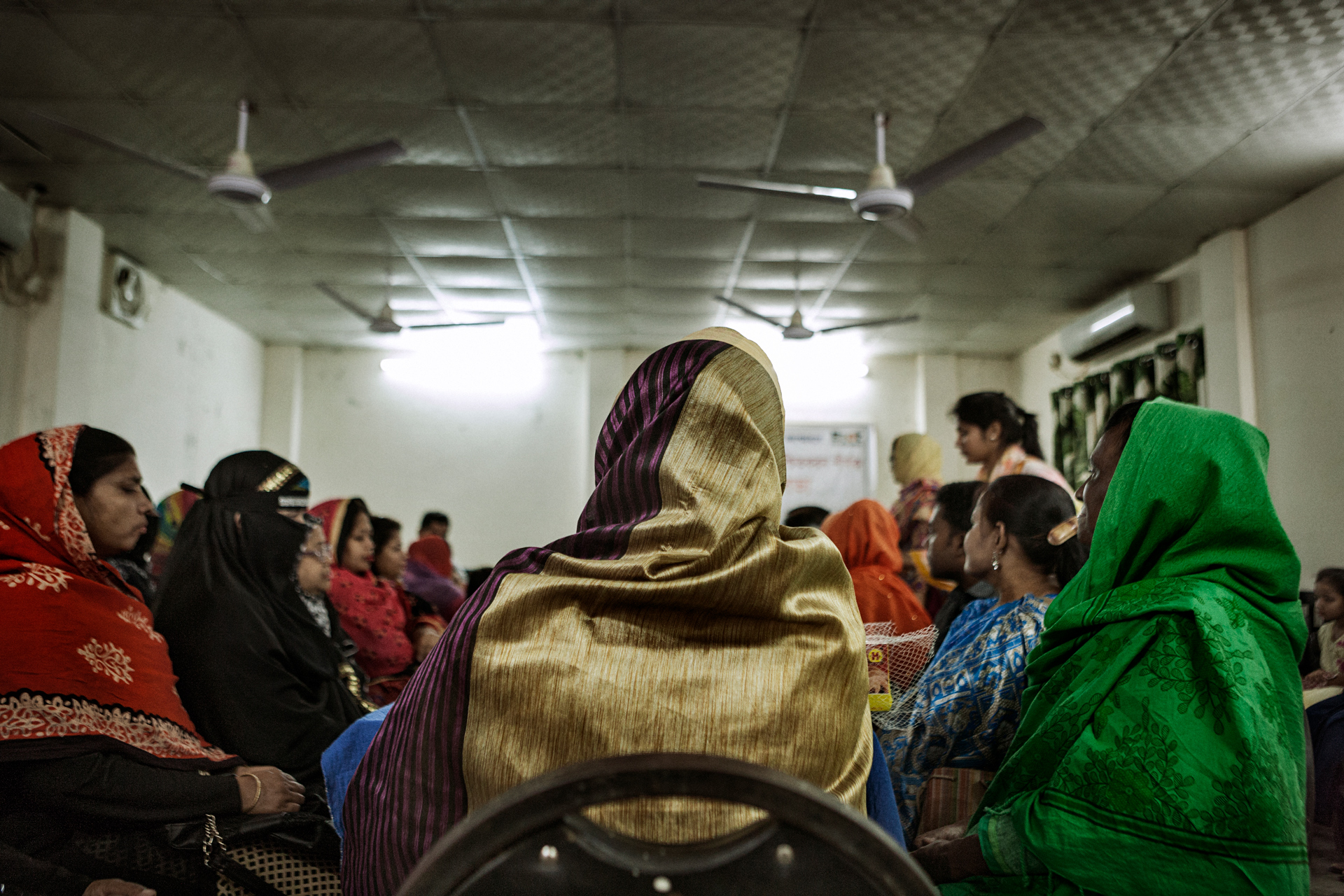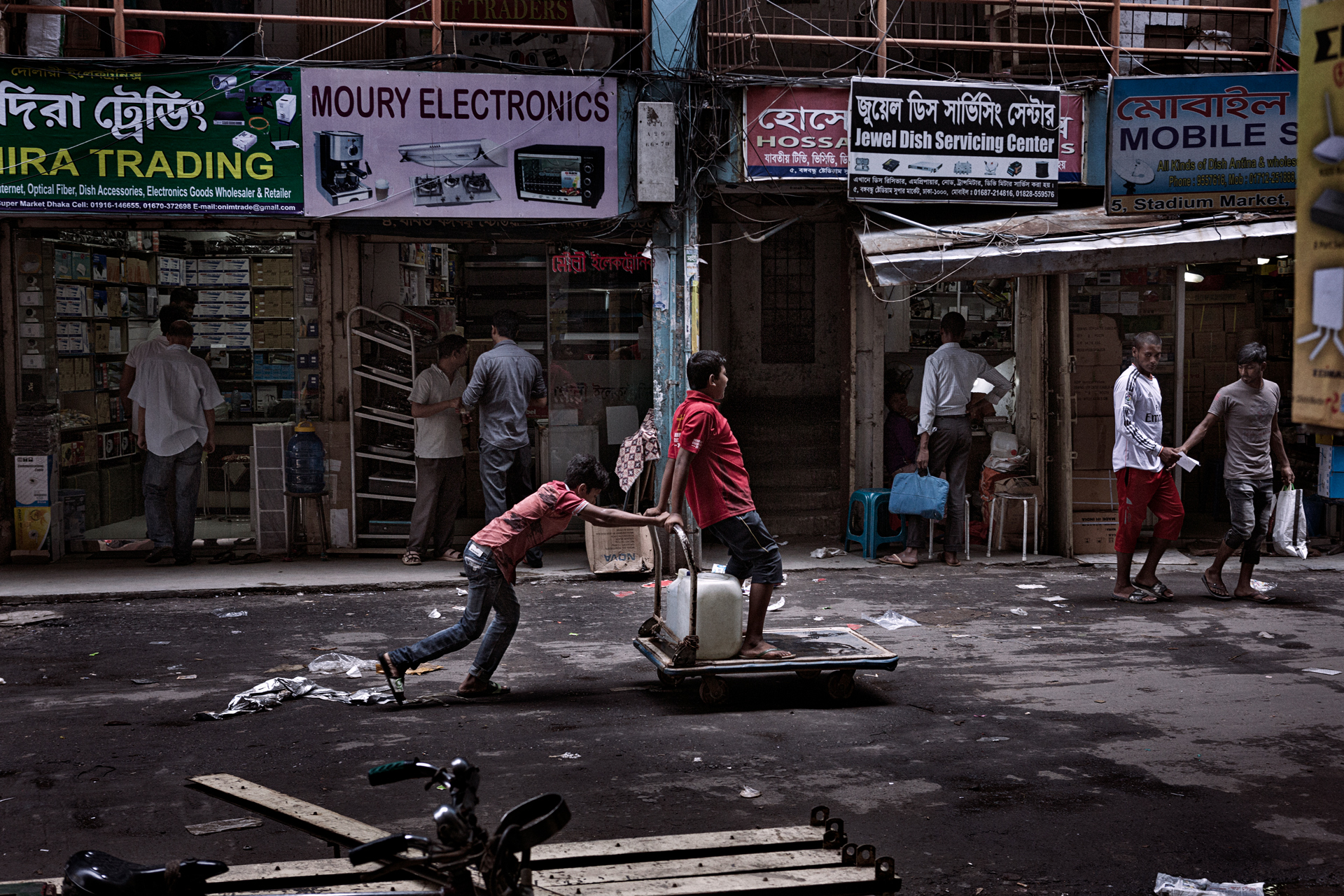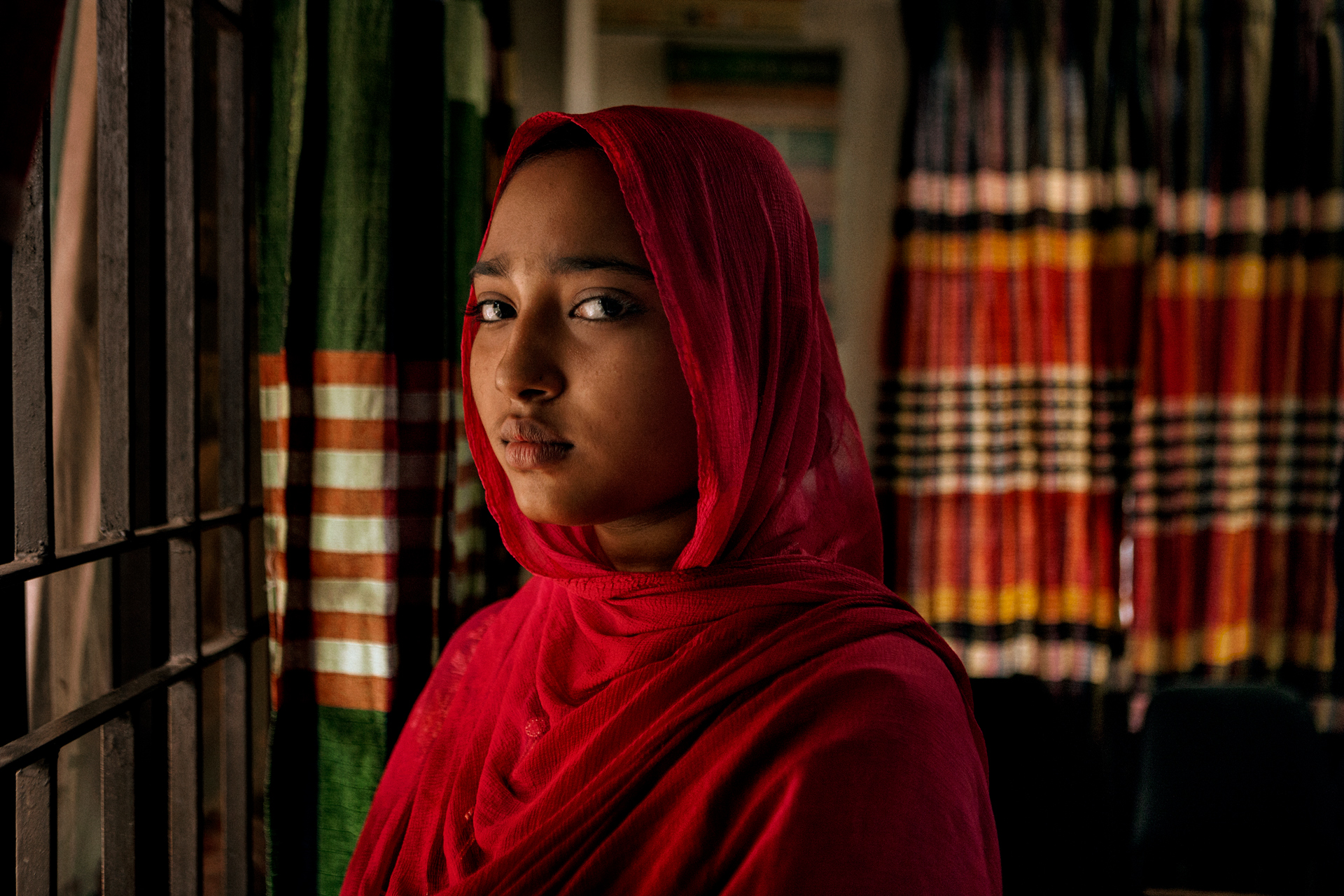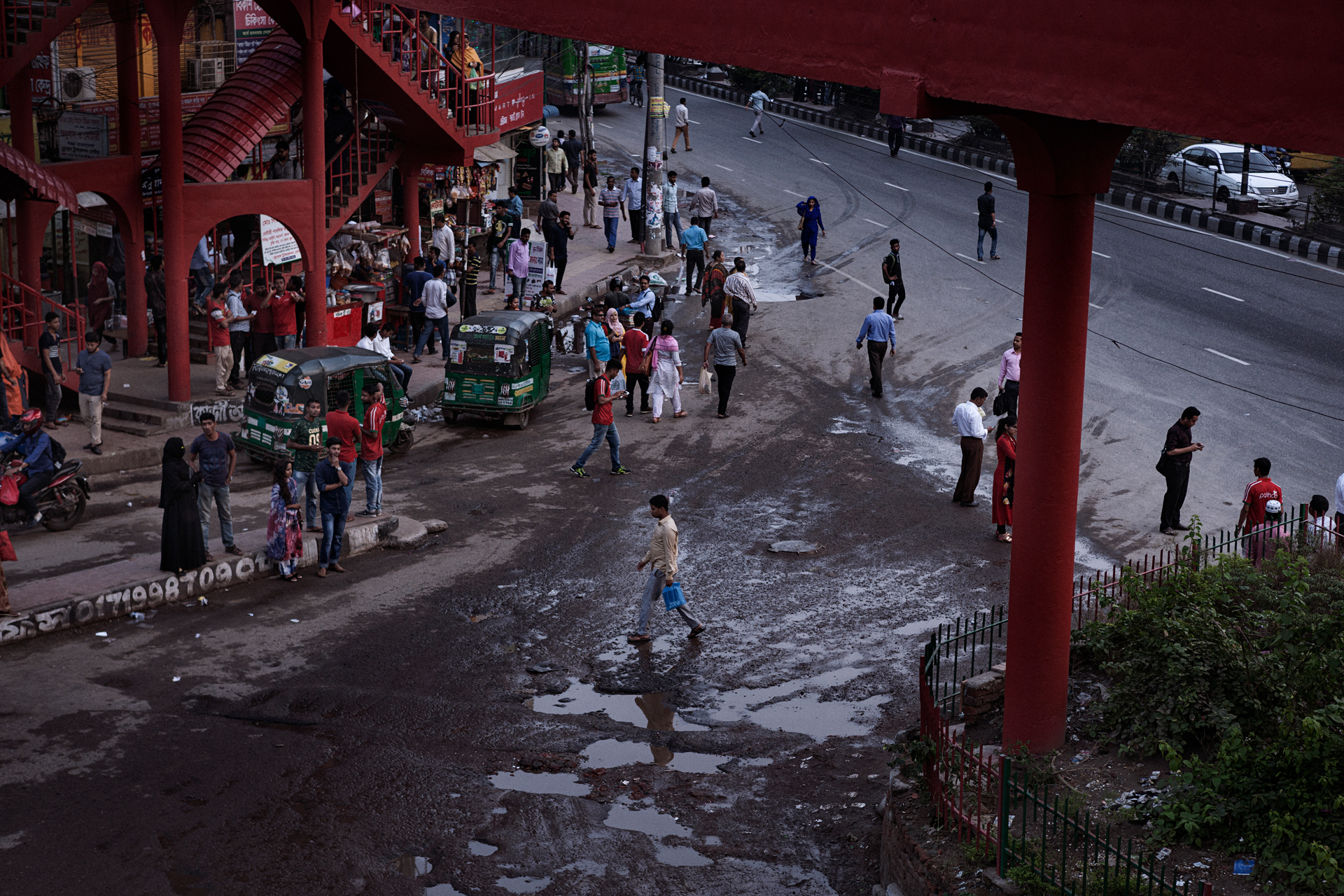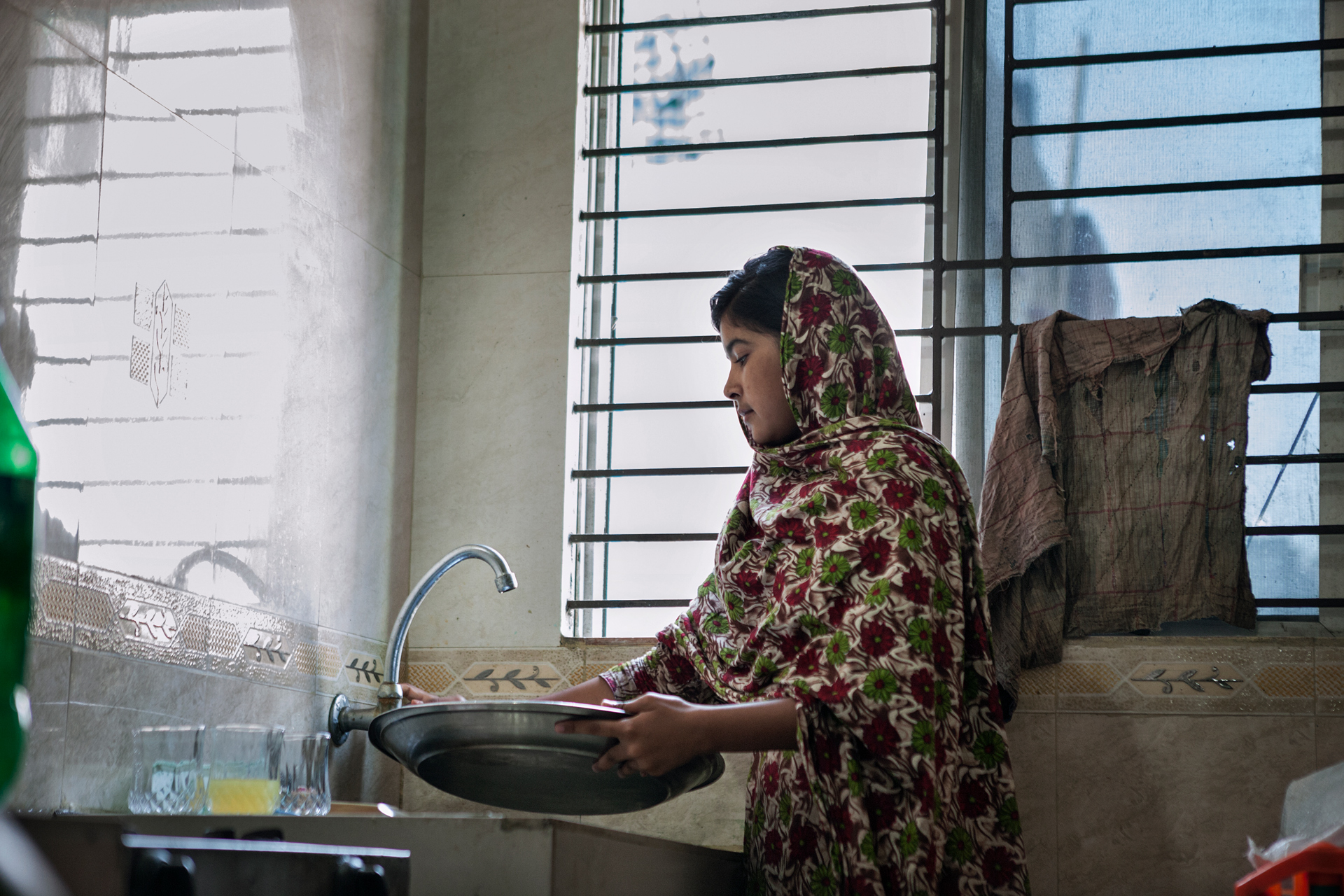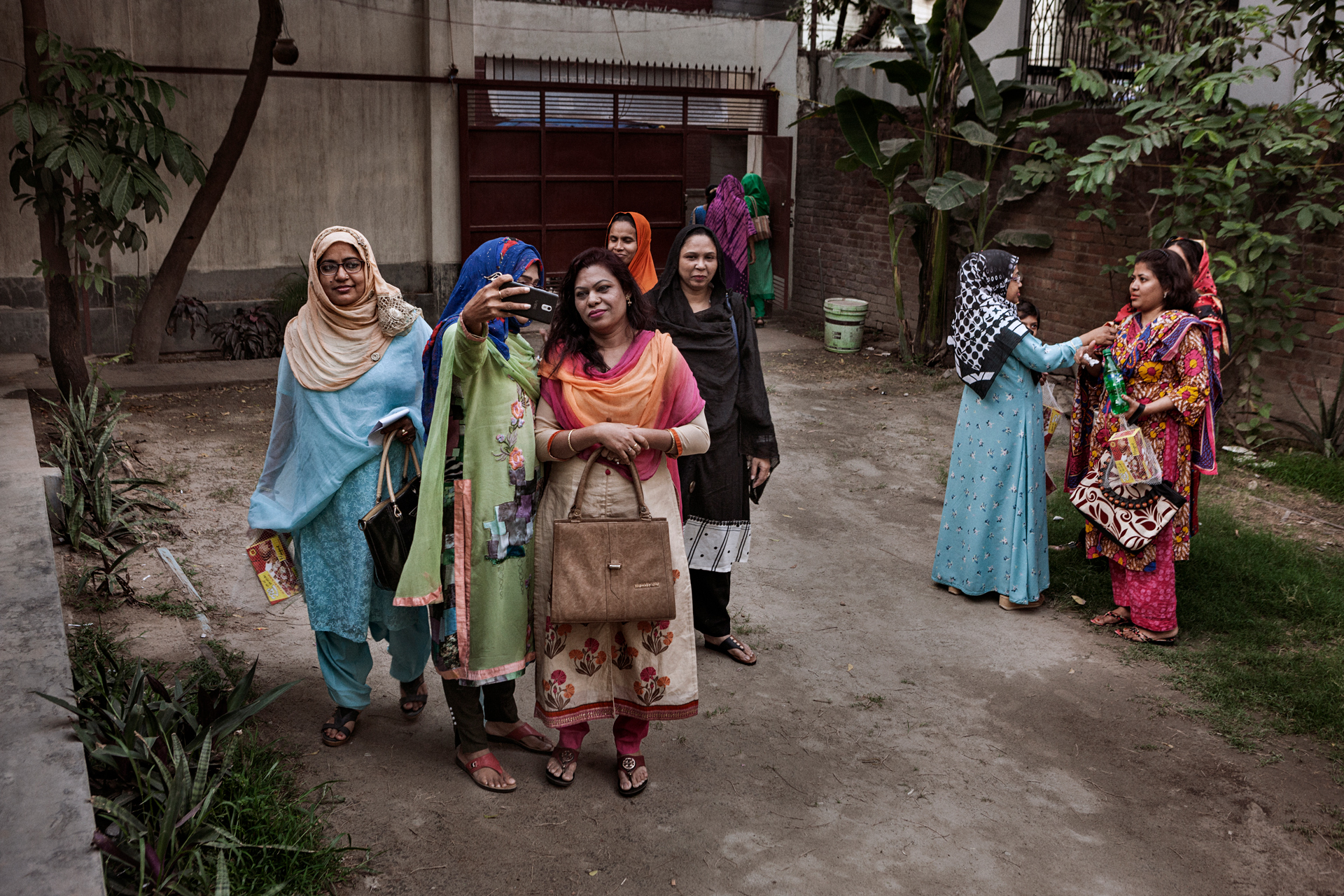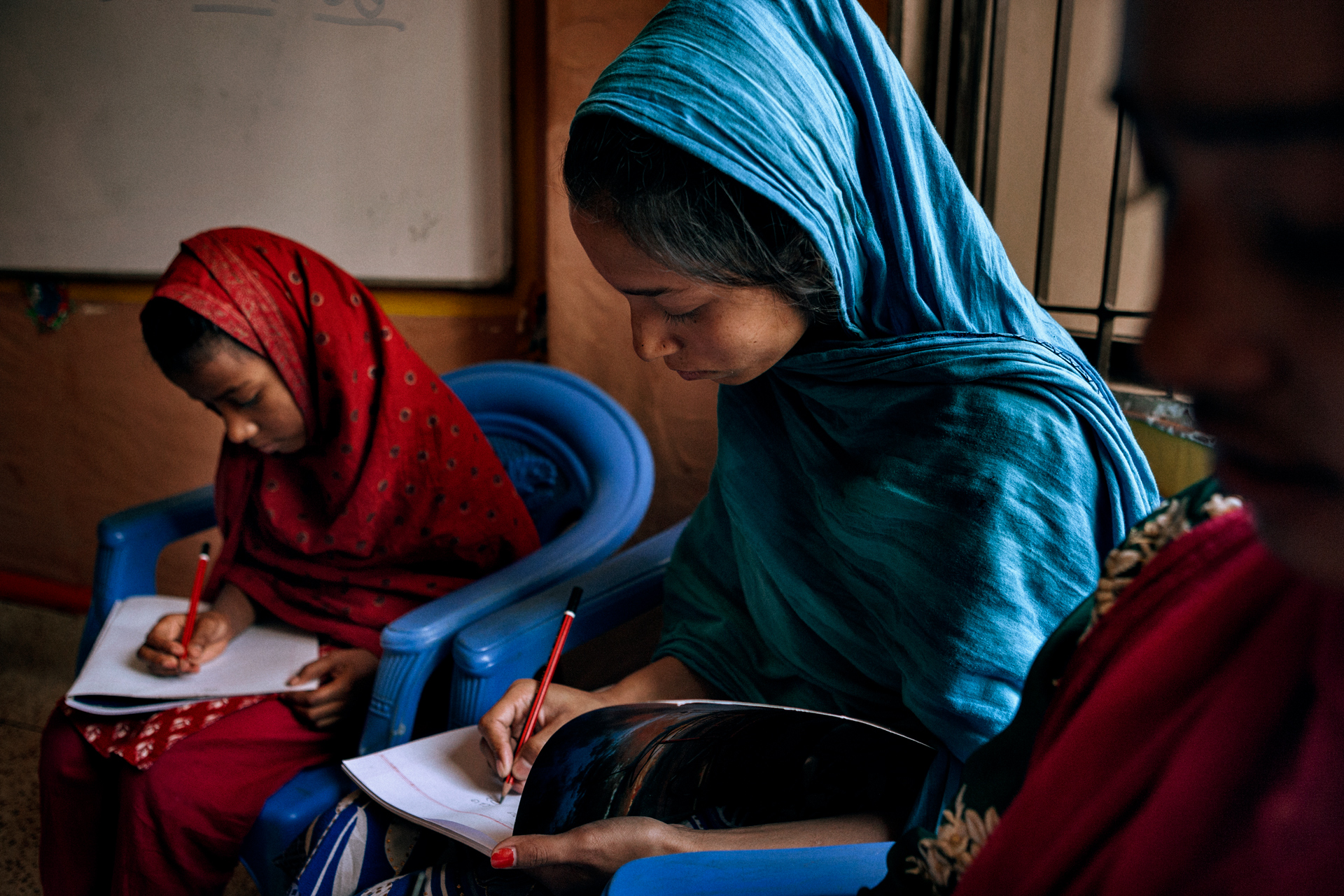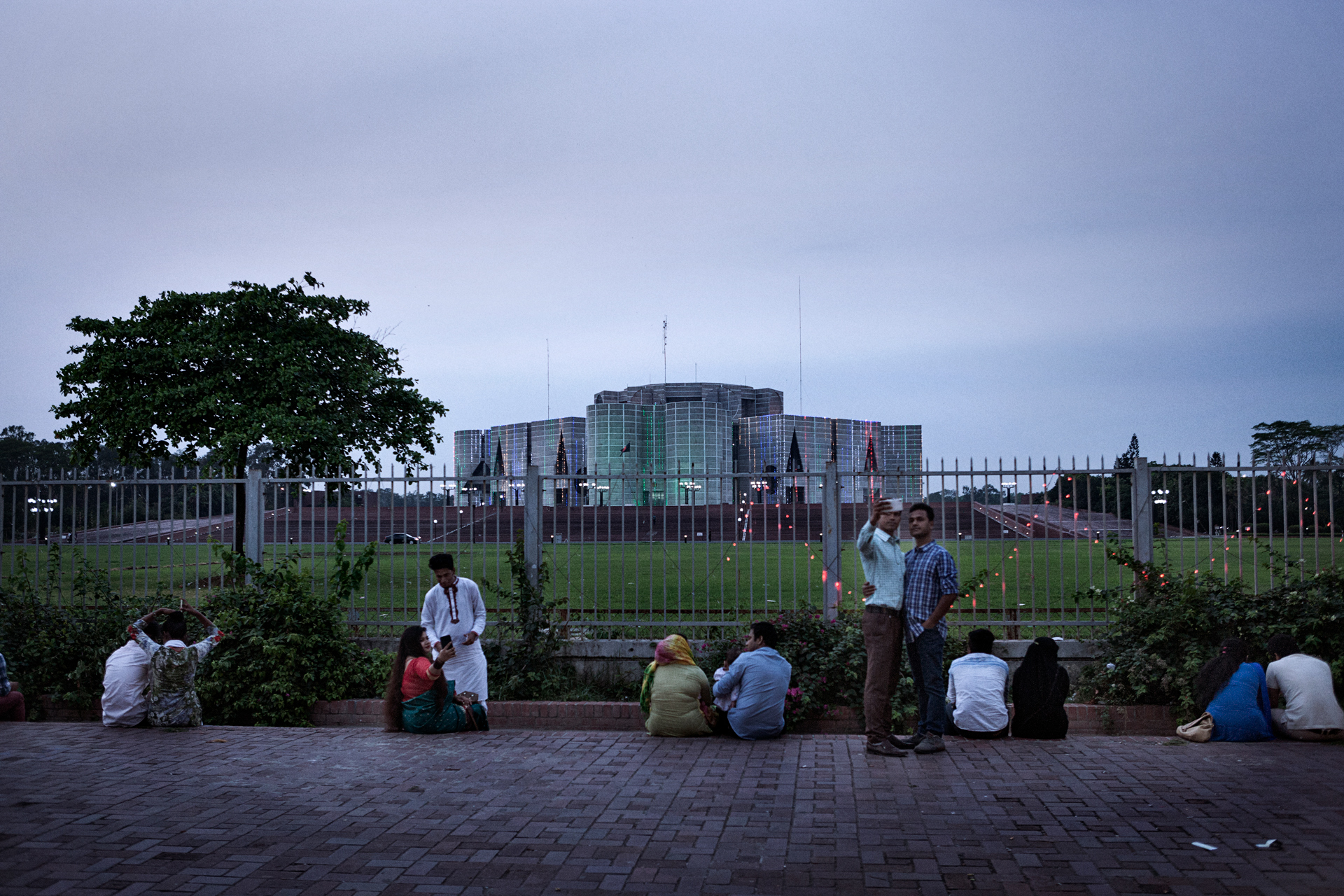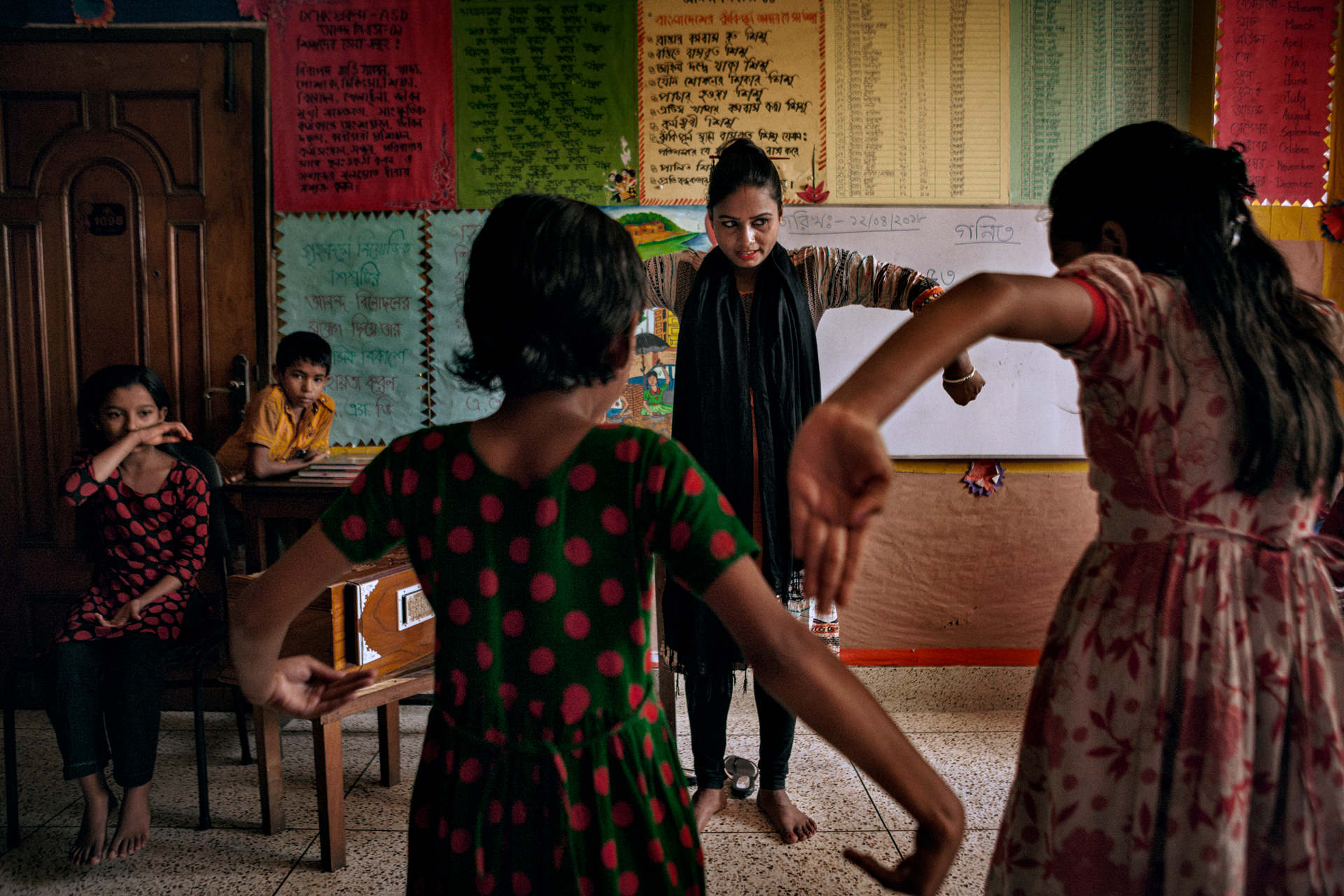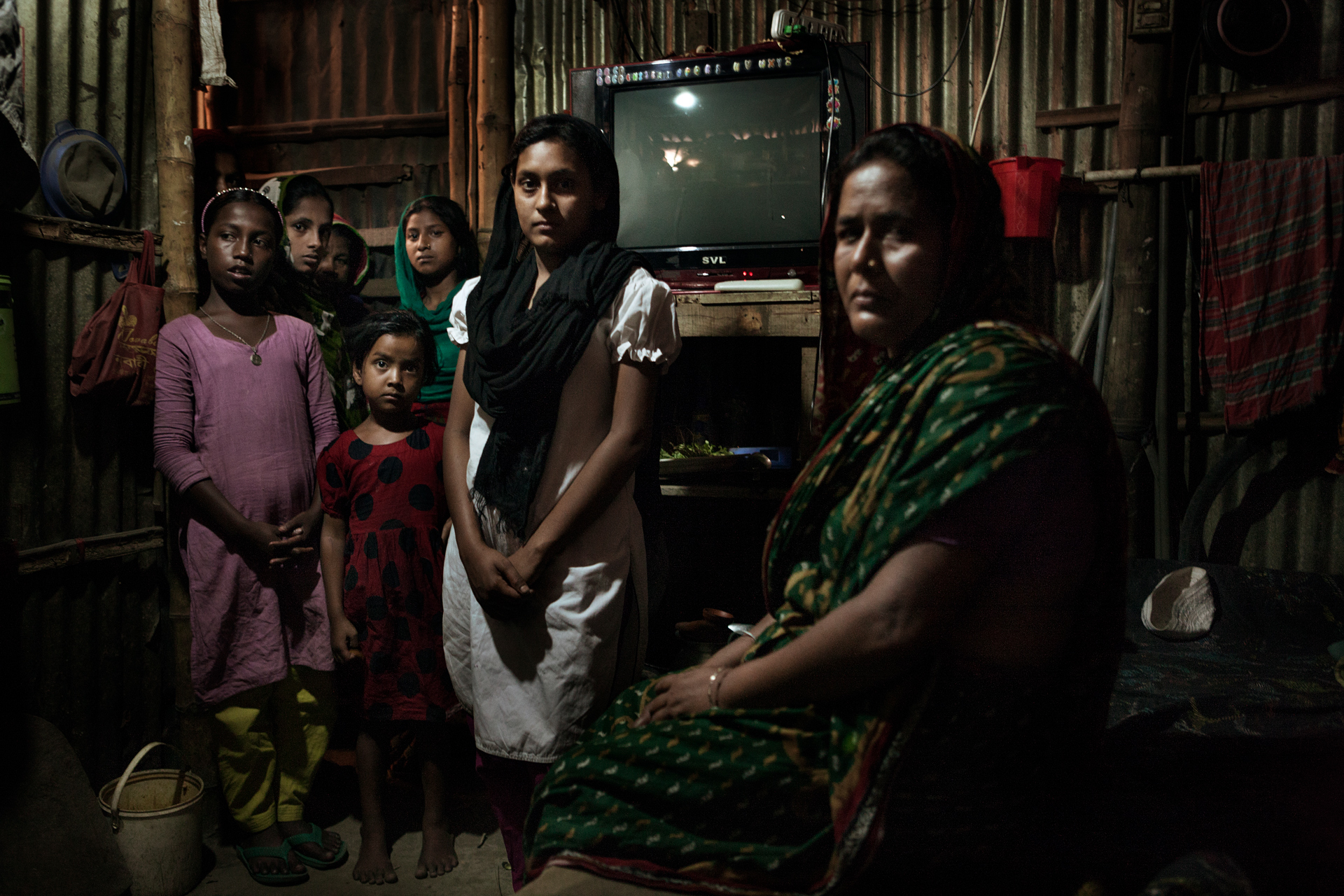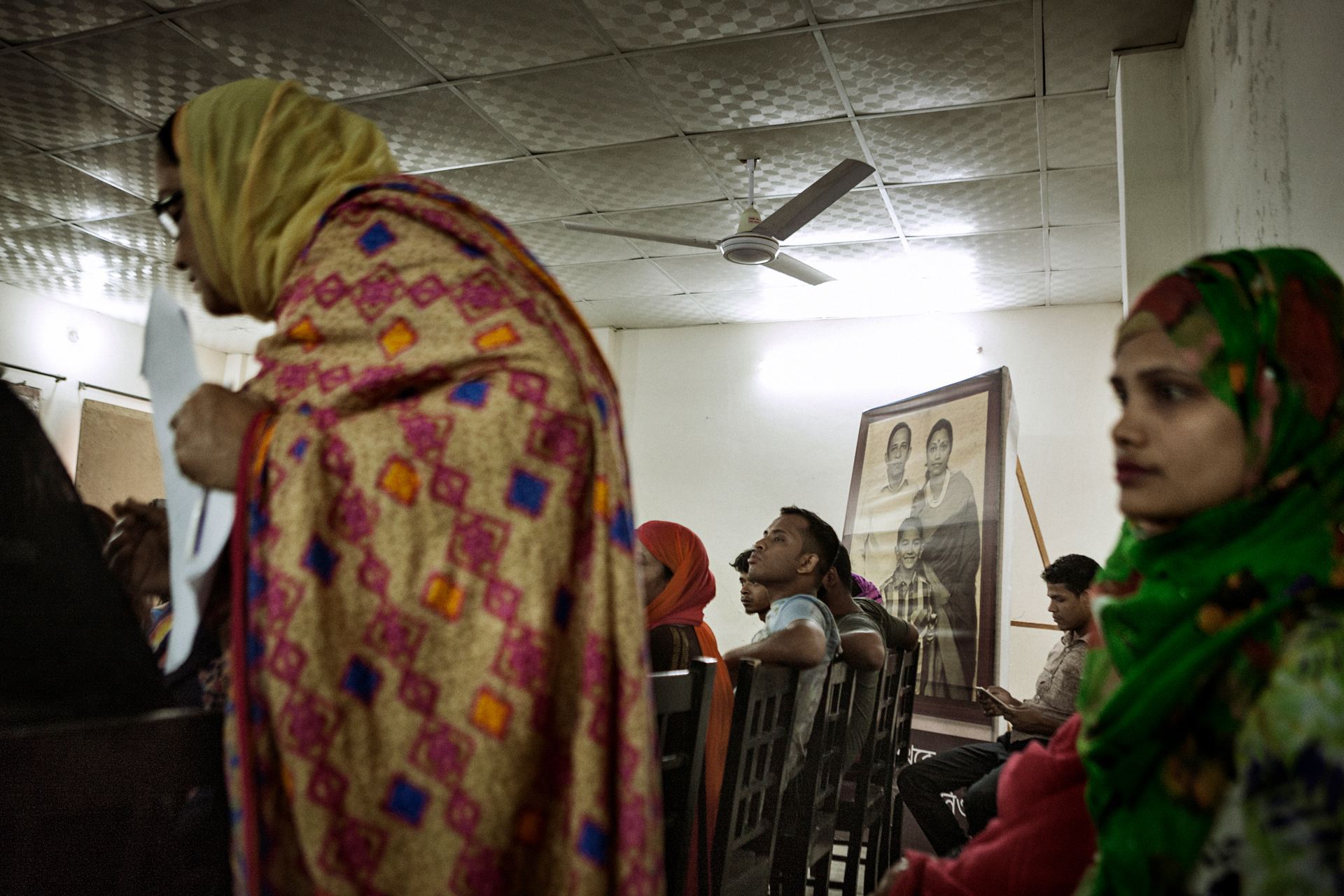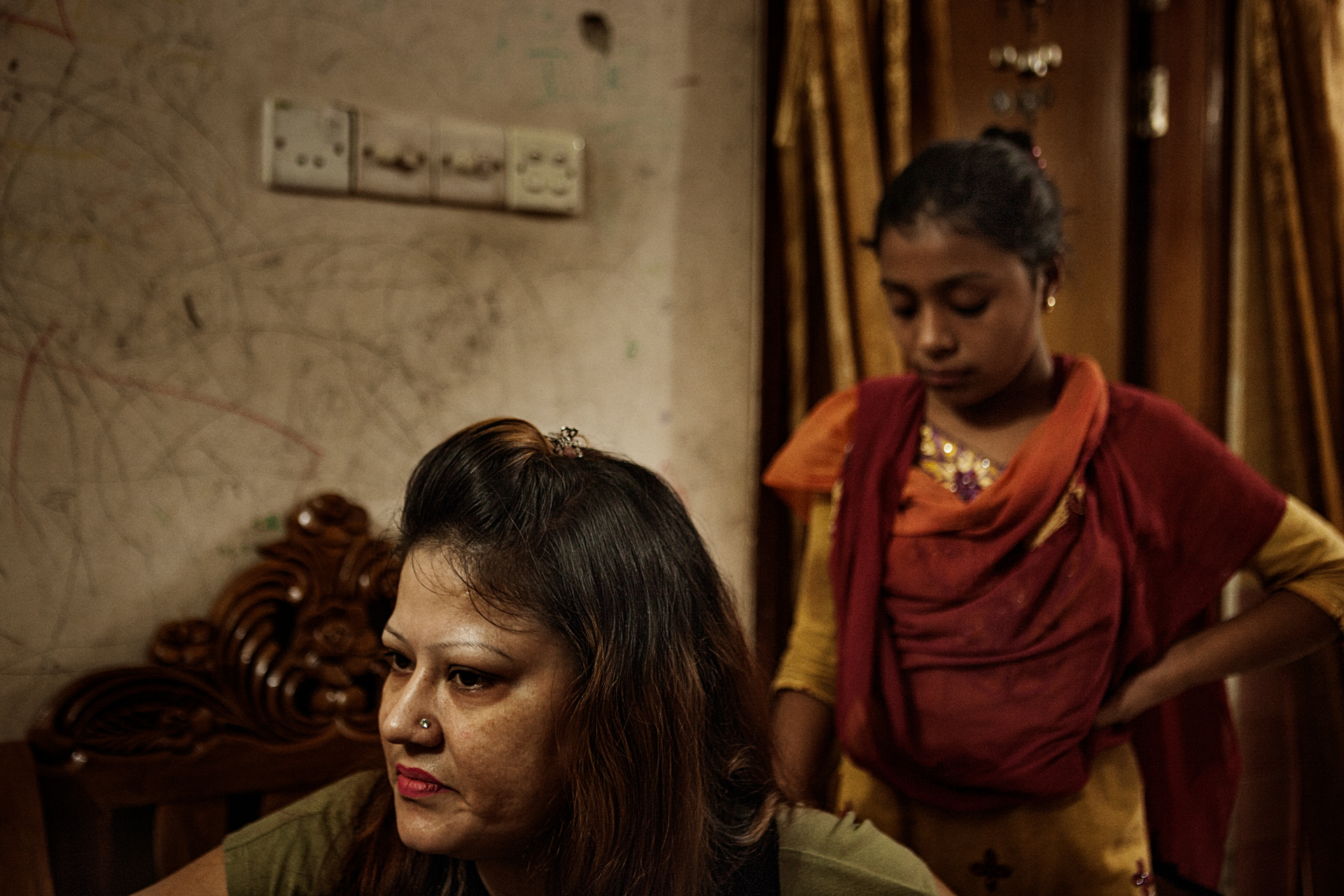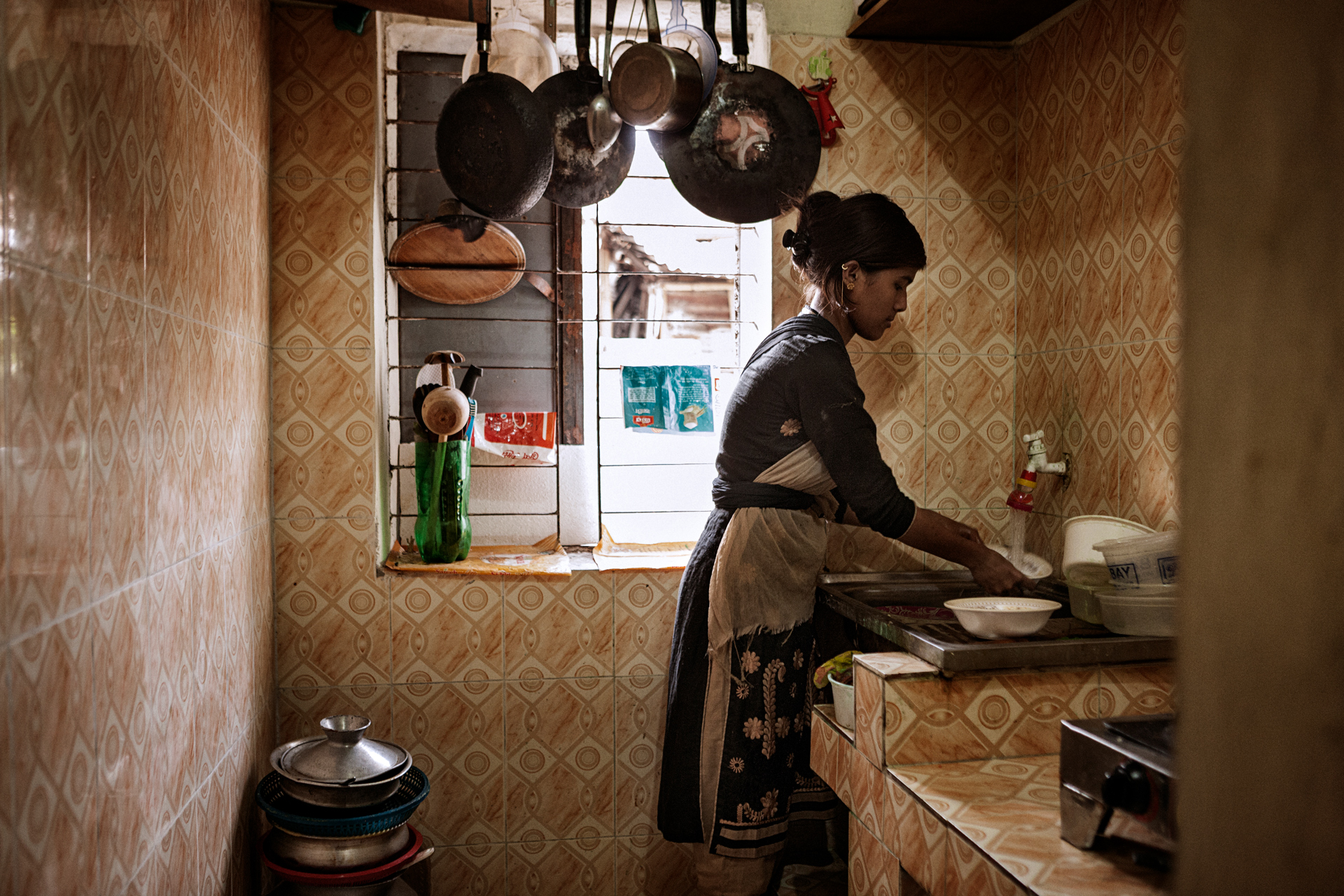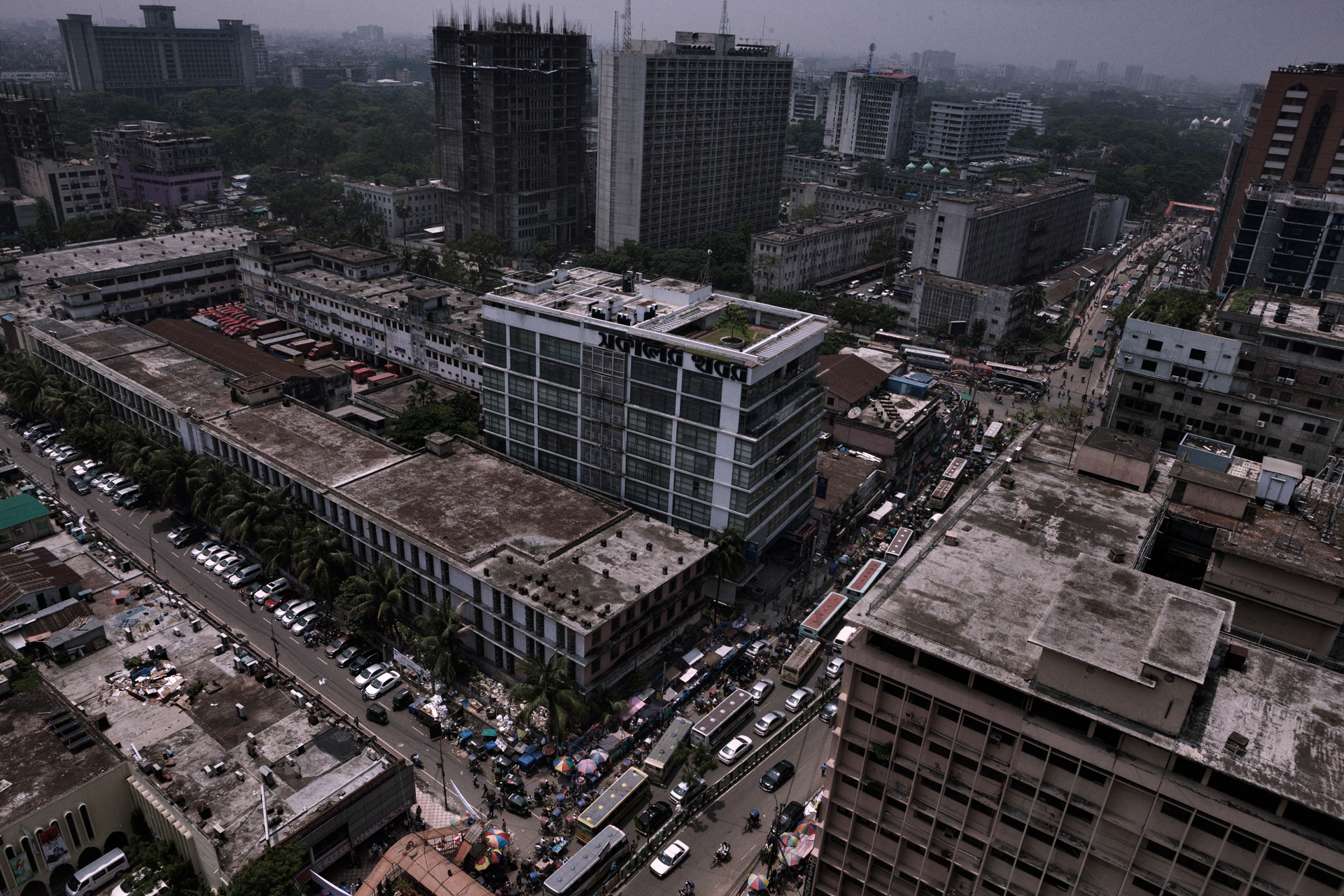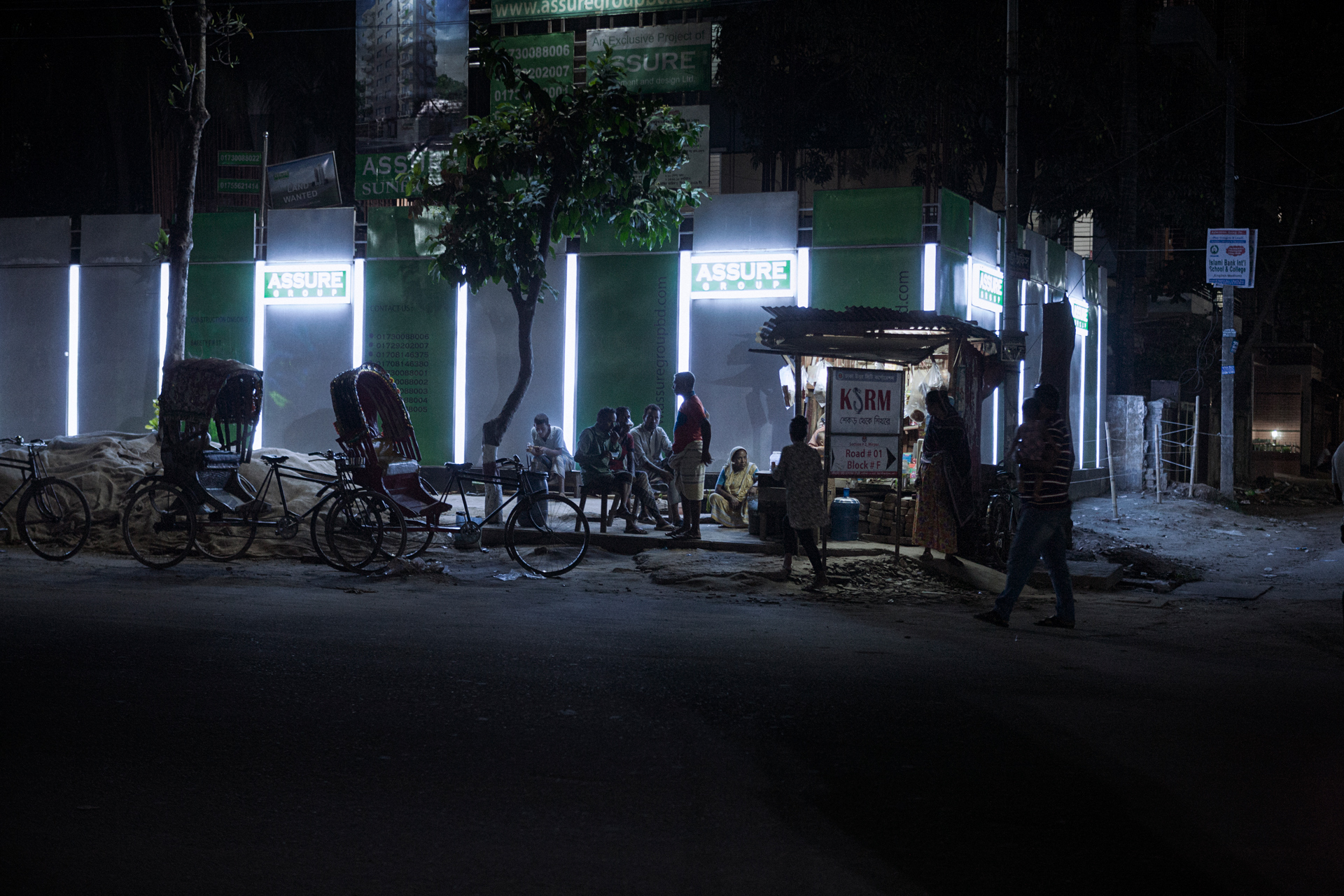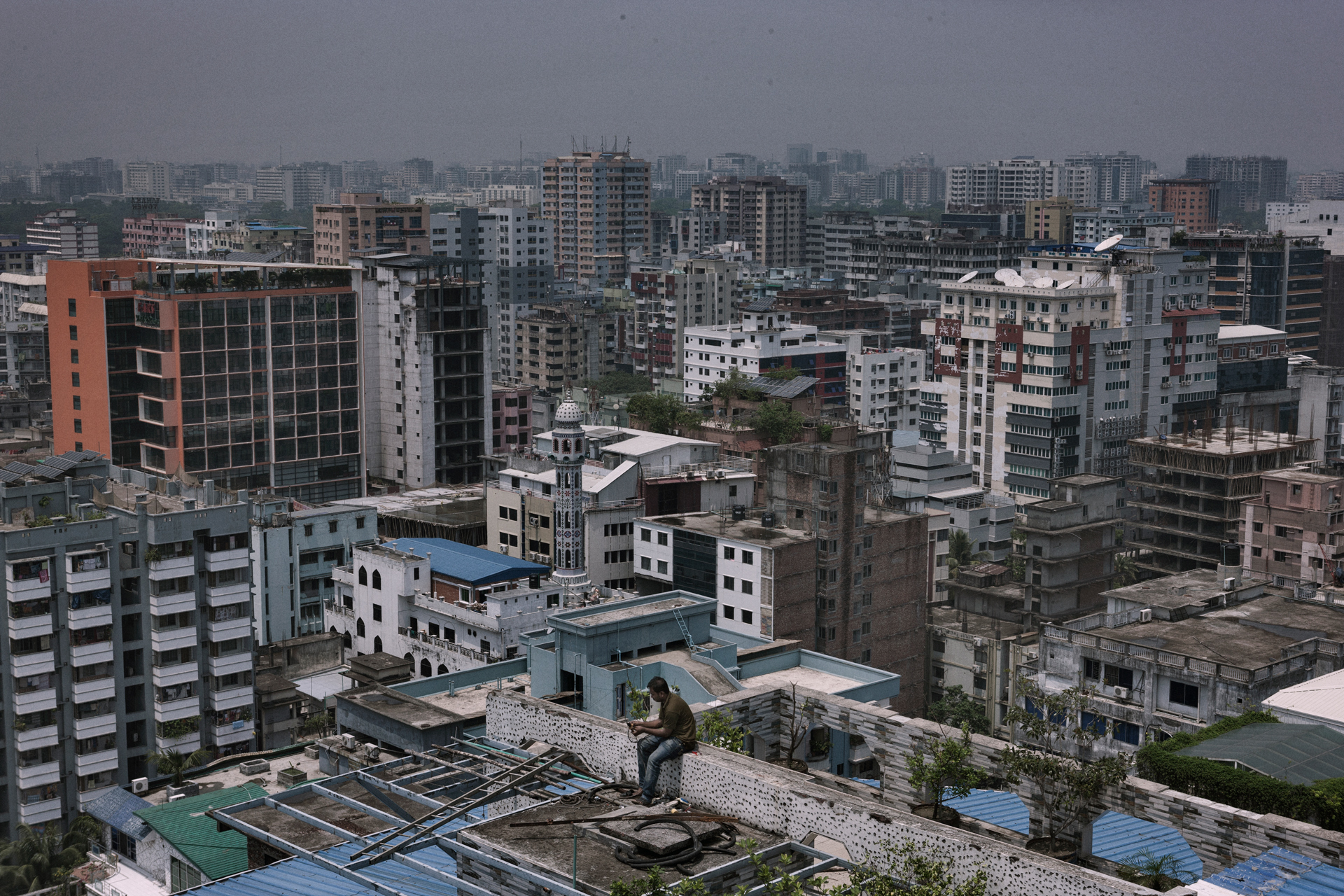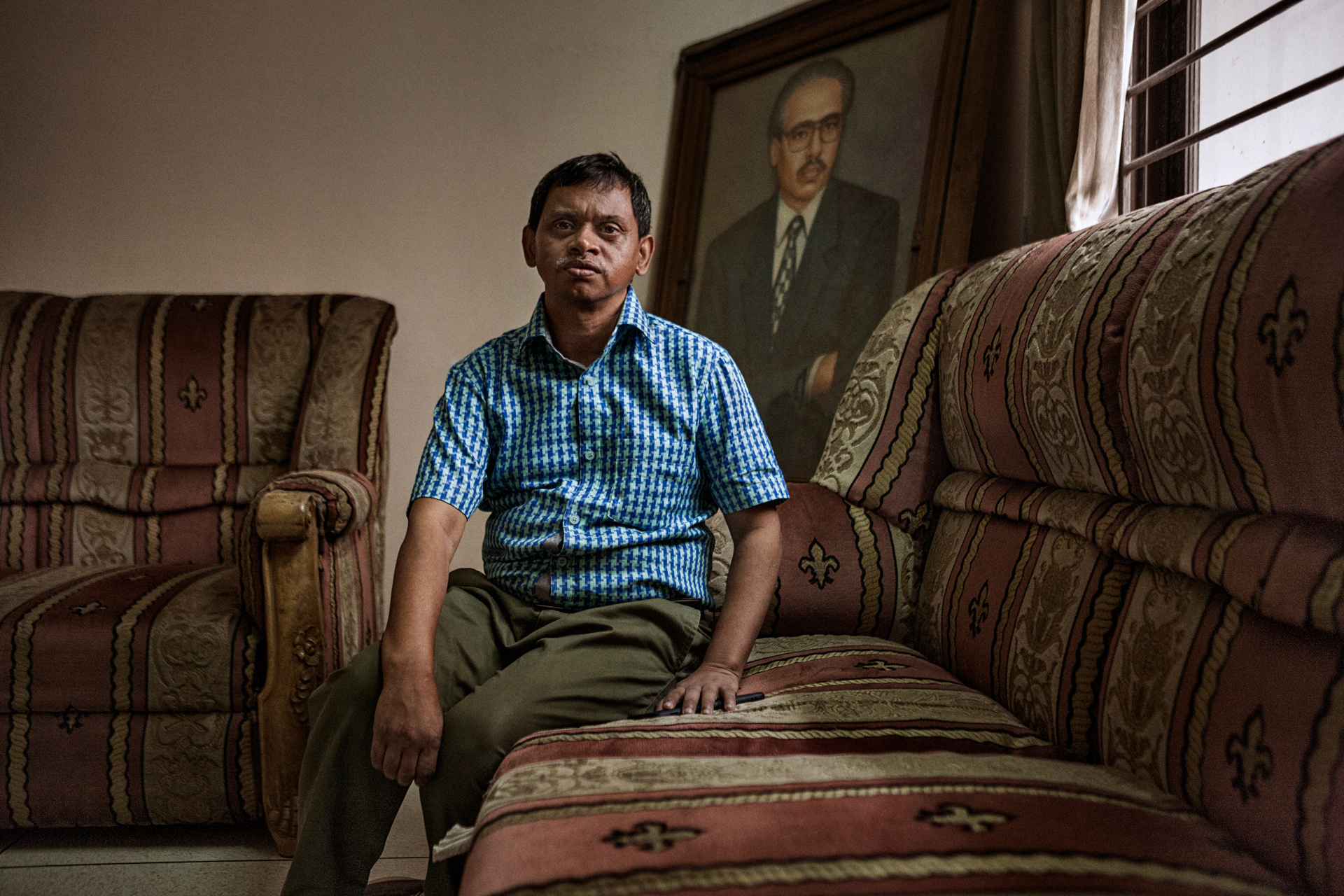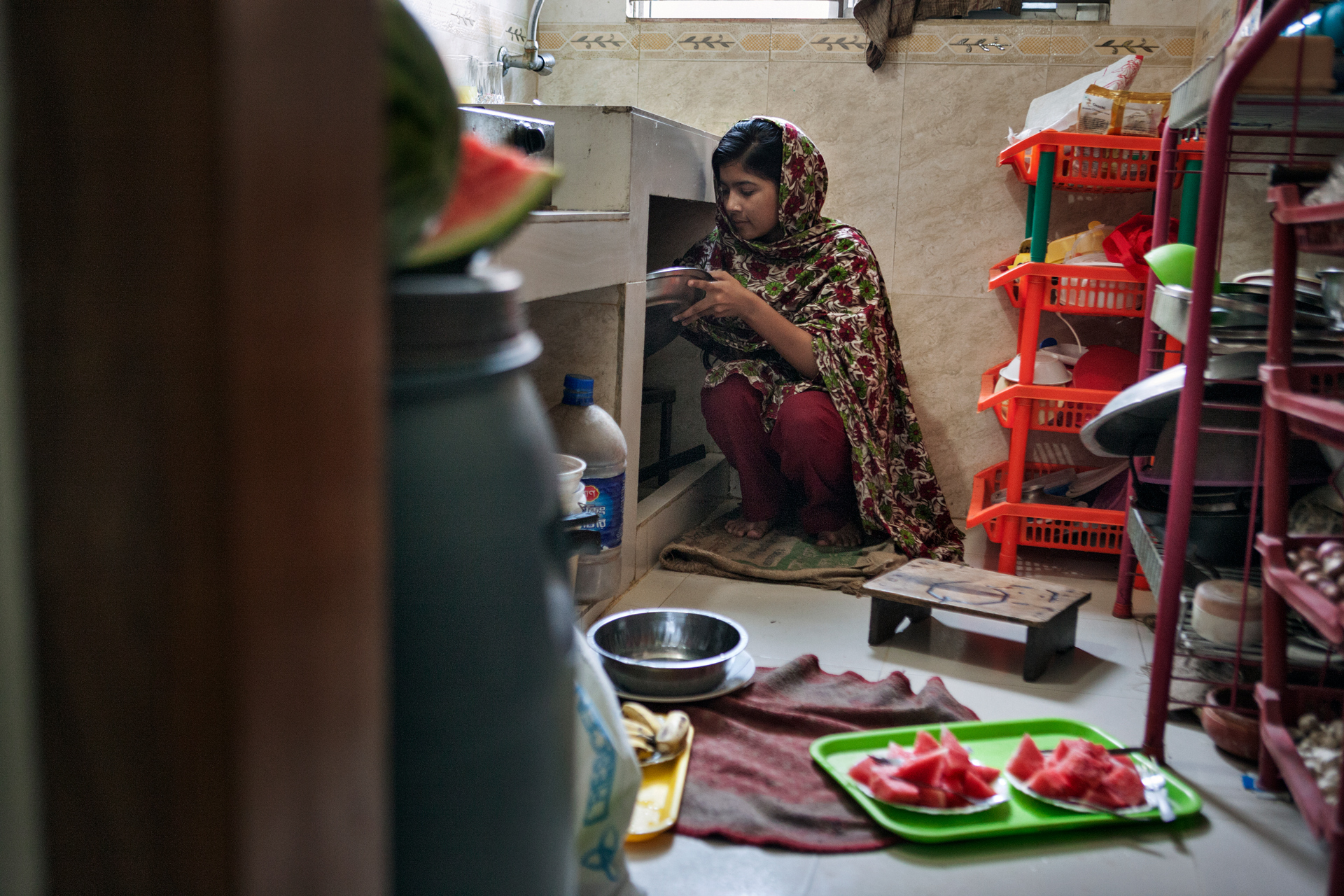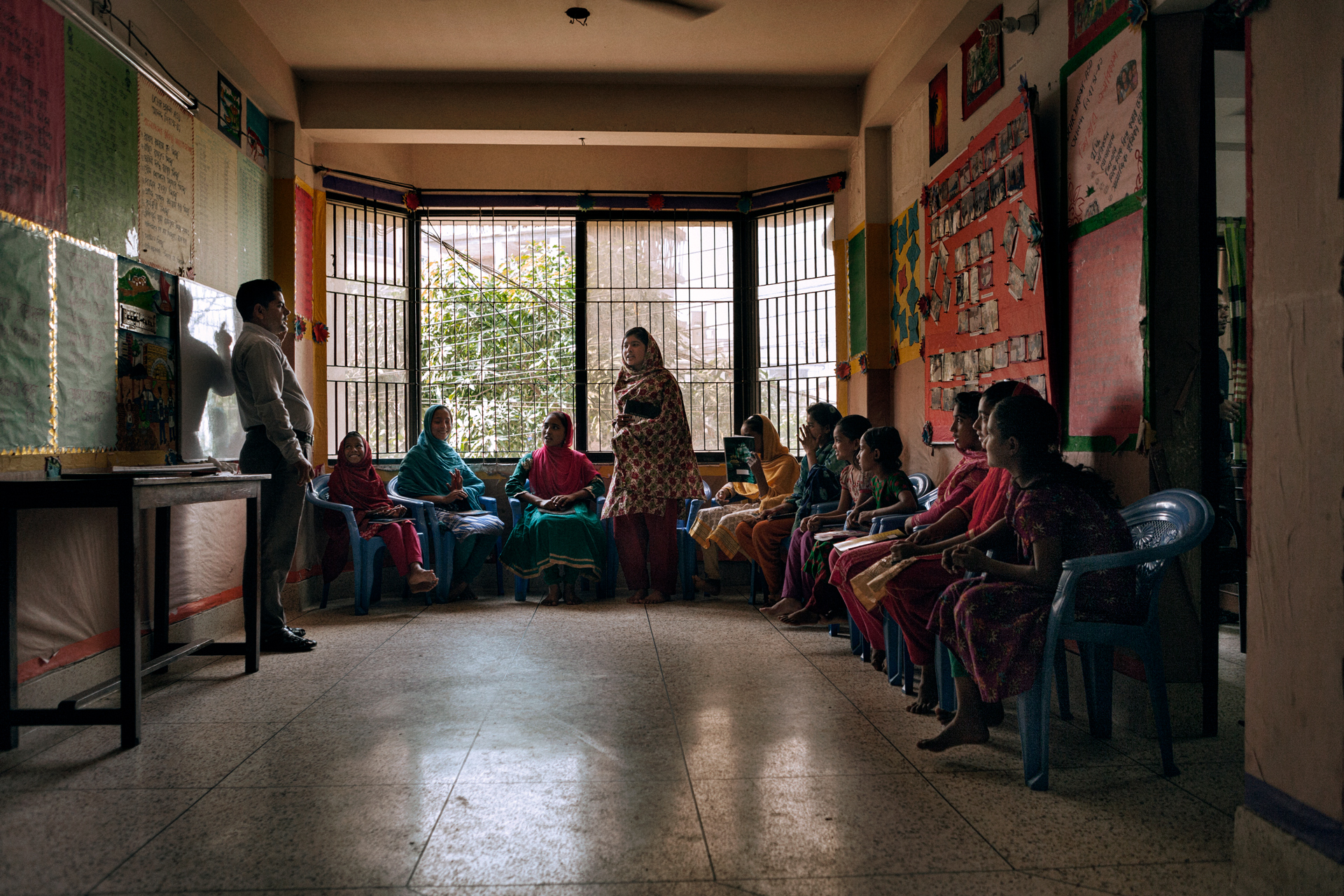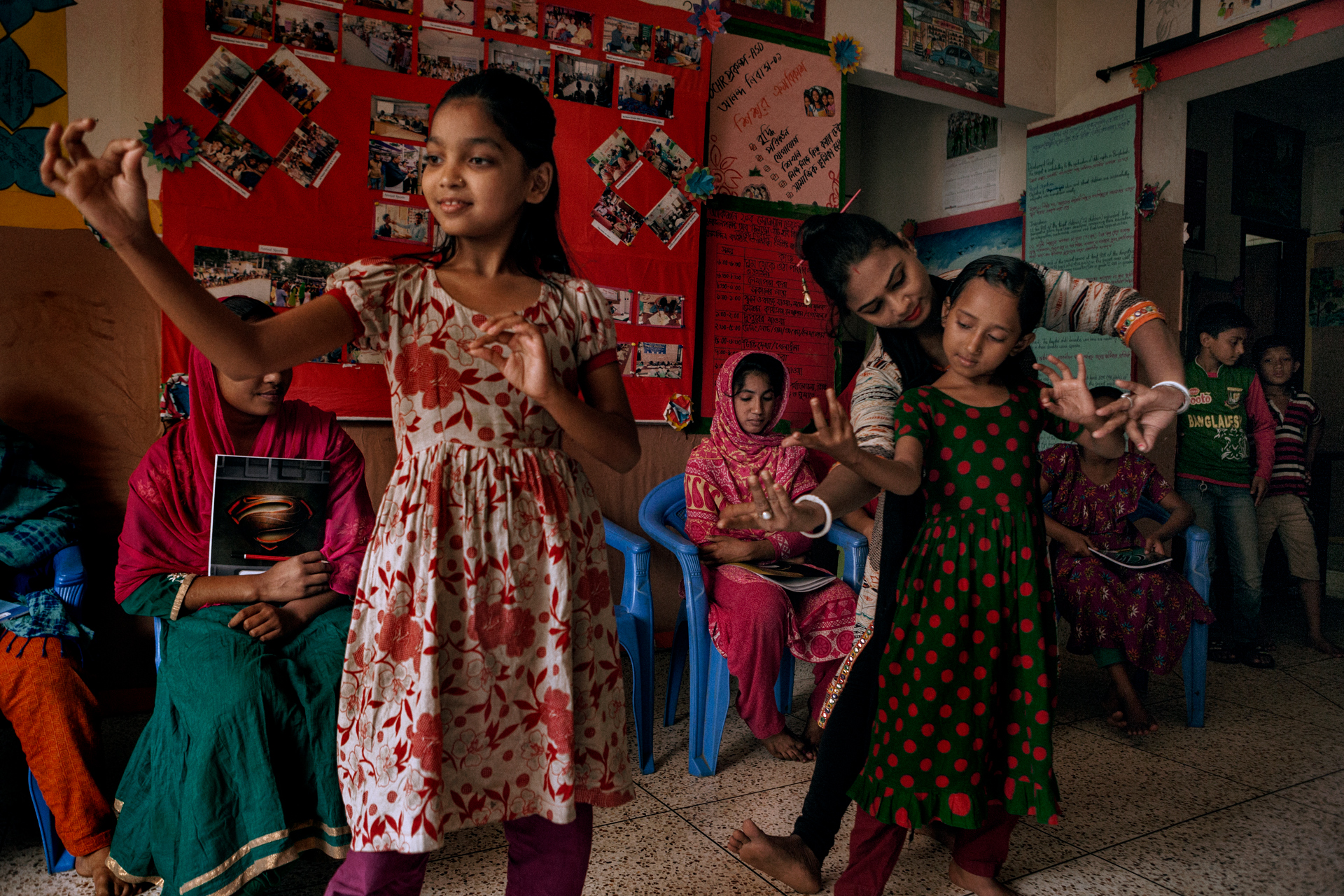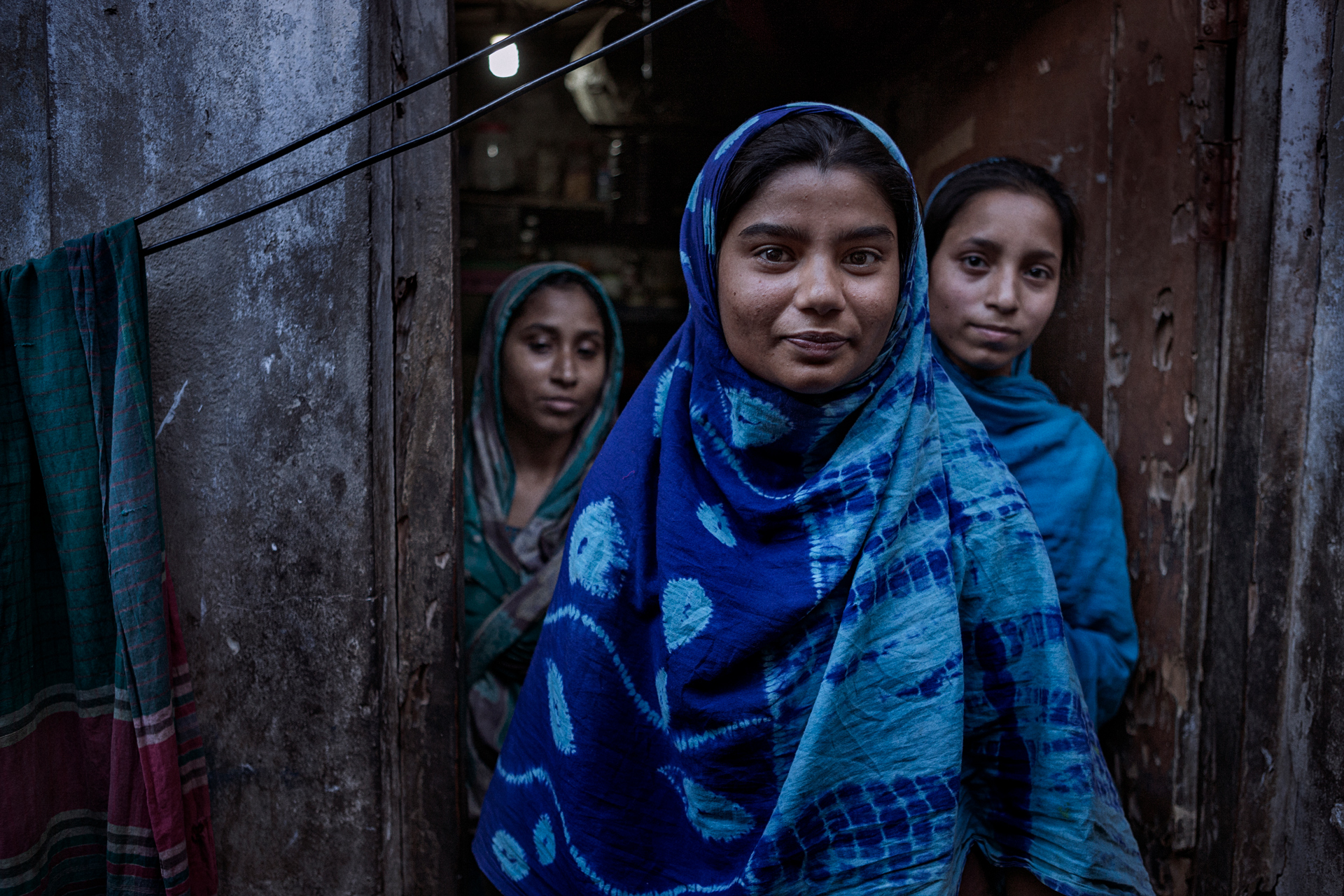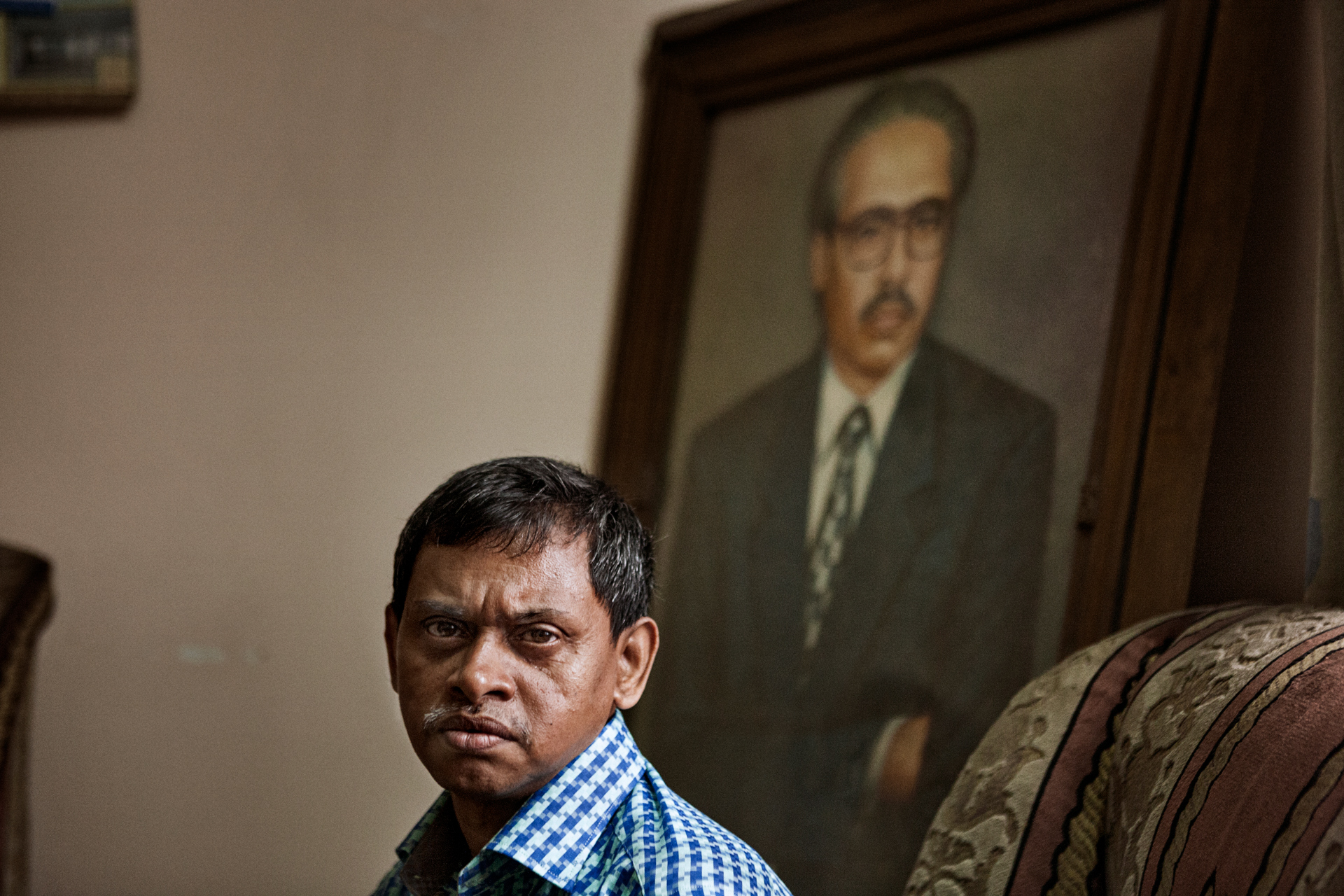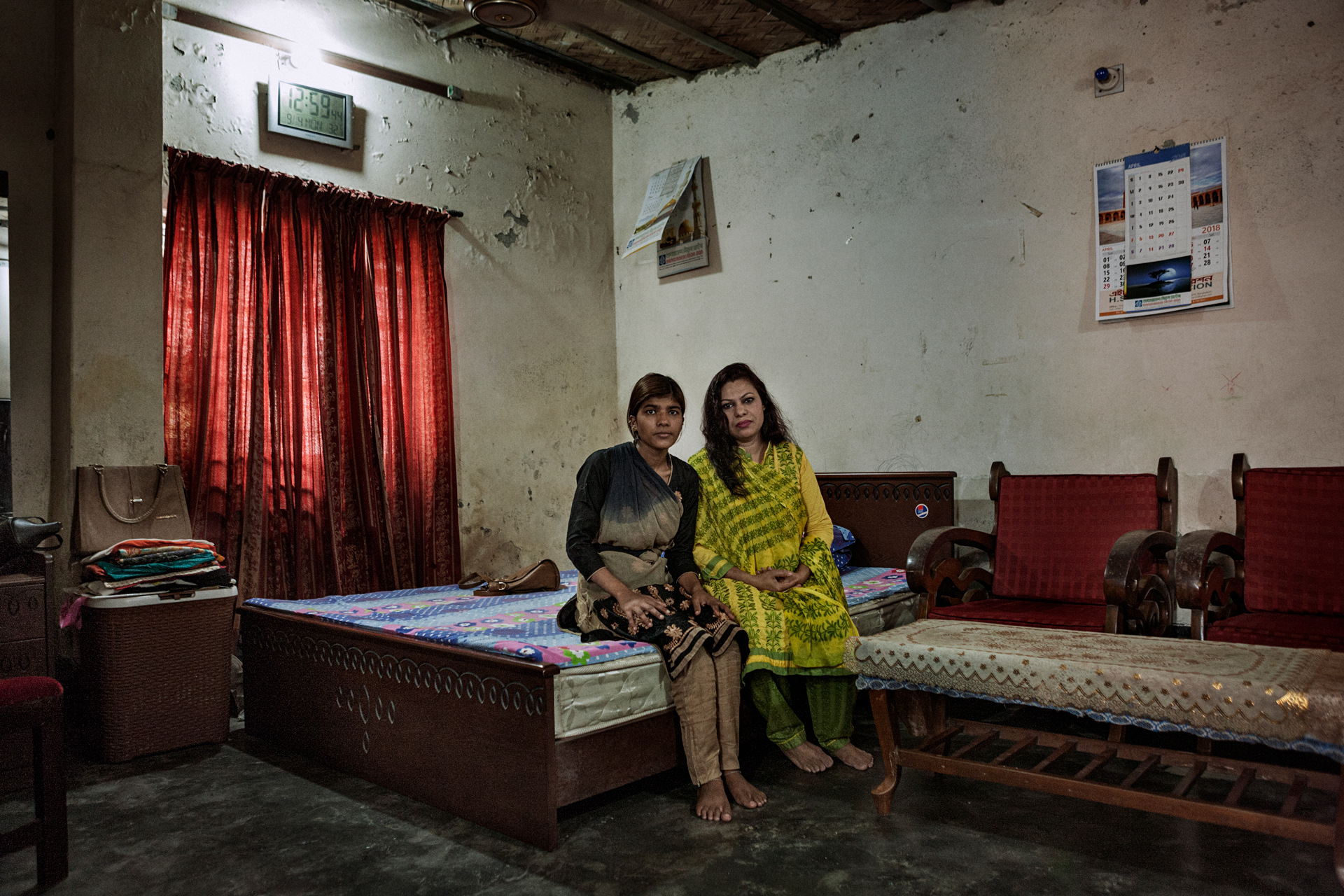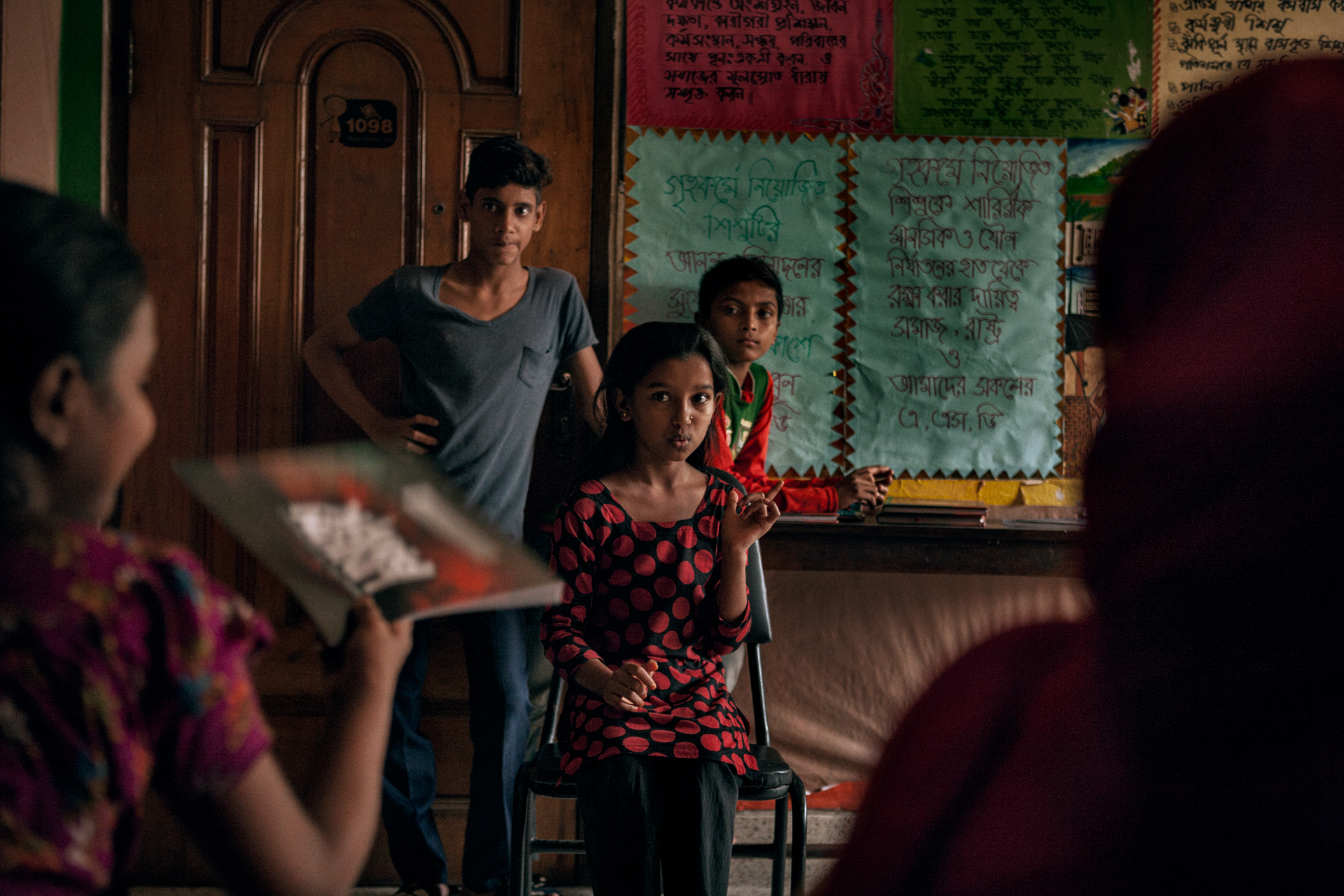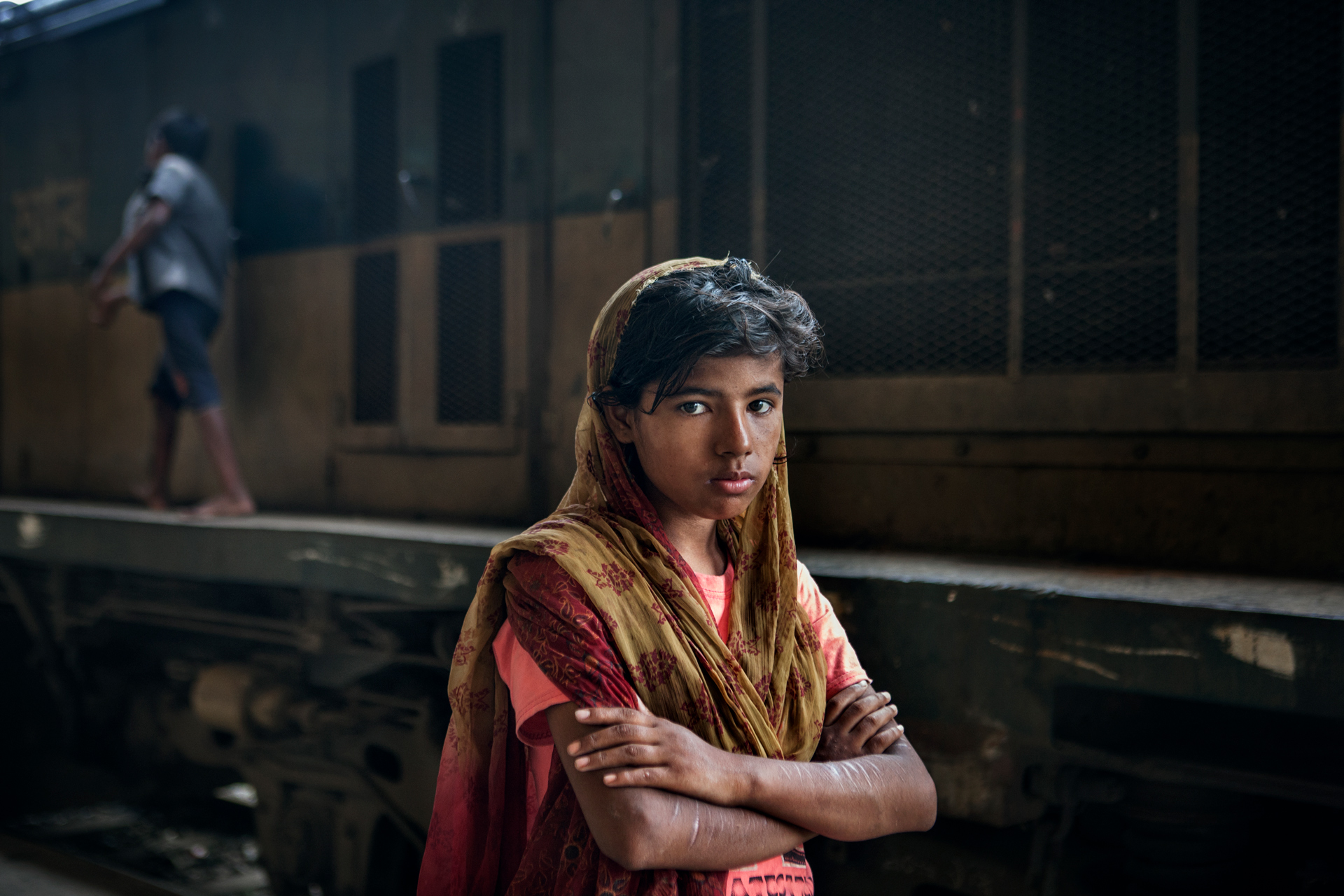Bangladesh - Dhaka's invisible slaves
A roof in exchange for a life
Photos: Marco Giannattasio - 04/2018
Driven by the impossibility of taking care of their own children, Bangladesh's poorest families are the first link in an invisible chain of slavery that ties children to unscrupulous masters and denies them their fundamental rights. In exchange for board and lodging, they leave the shanty towns and narrow dirt tracks to work in grey buildings as "domestic helpers". Without pay, without fixed working hours, without any type of privacy, but worst of all, without any way out.
Isolated from the rest of the world and denied any possibility of an education, for society they do not exist. Very often they are children from the metropolitan area of Dhaka, the country's capital. They grow up cleaning bathrooms, scraping ovens, tidying, living in fear of being raped from one moment to the next, or being victimized by the children of well-off families. For these children, the outside world is a slit of light from beyond the window shutters or the spaces between the bars. The luckier slaves retain foggy memories of their first years of life, when they could still run between laundry hanging out to dry or play cricket amidst the rubbish.
The streets of Bangladesh are also lawless places where boys and girls are kidnapped, or simply led away by shady intermediaries that work for people trafficking organisations. The only hope is for the intervention of an NGO, like Action for Social Development (ASD), which offers courses in early literacy, training and domestic safety. But it also teaches personal rights and, when possible, mediates with the master or mistress of the house. The women of the house way well be stuck in unhappy marriages that they did not choose and are often ready to vent their frustrations on the domestic slaves who end up developing serious psychological and physical disorders.
Thanks to the intervention of the NGOs, the girls learn to sing, dance and act, enjoying unique moments of recreation in the company of other girls their age and enabling them to dream of a different world. A world in which even the masters and mistresses can find compassion, if they are forced by tireless volunteers to come face to face with their own responsibilities, or if they are brought to justice by lawyers in search of legal protection that the state does not yet provide. These shortcomings, however, can sometimes open up unexpected spaces of freedom.
